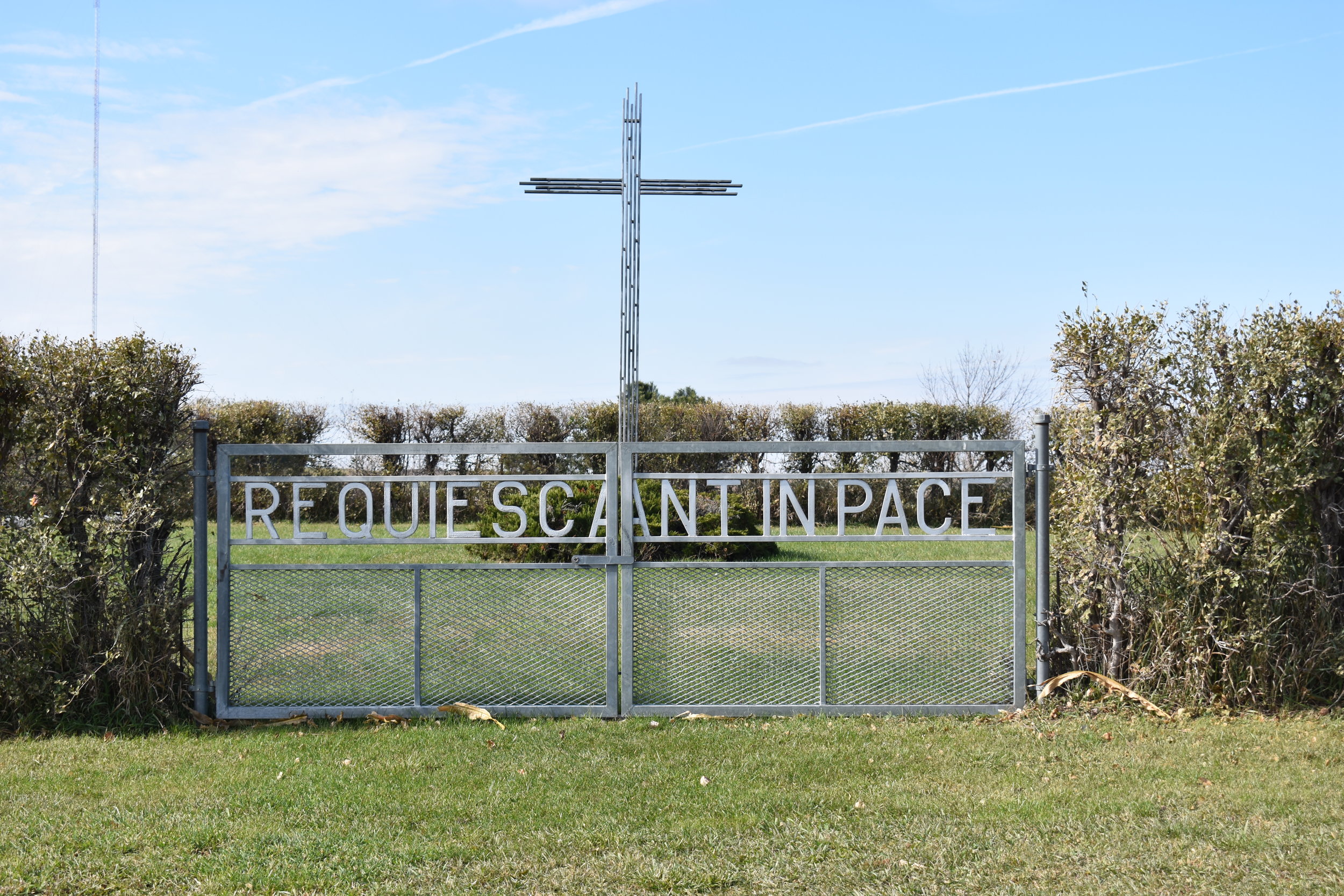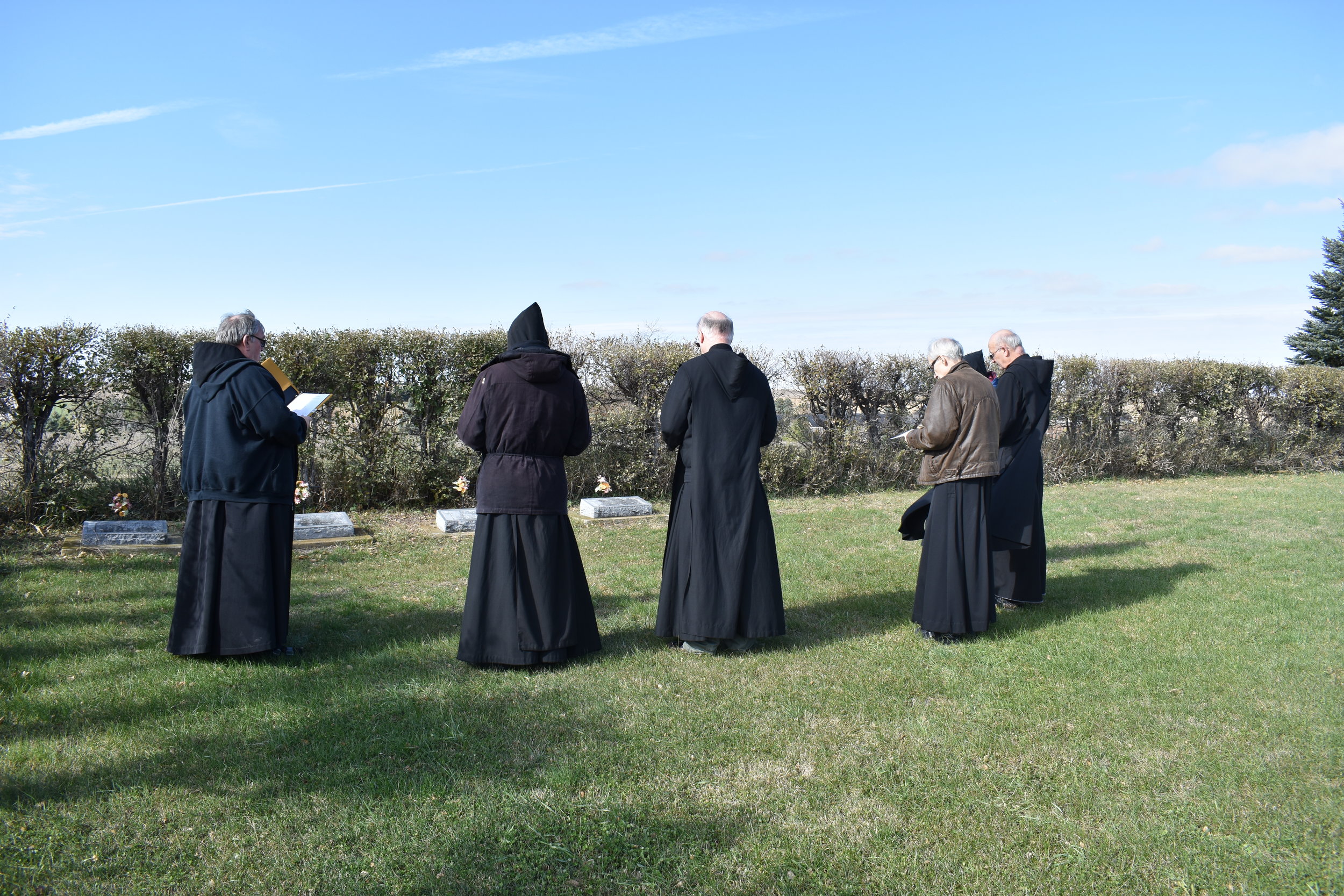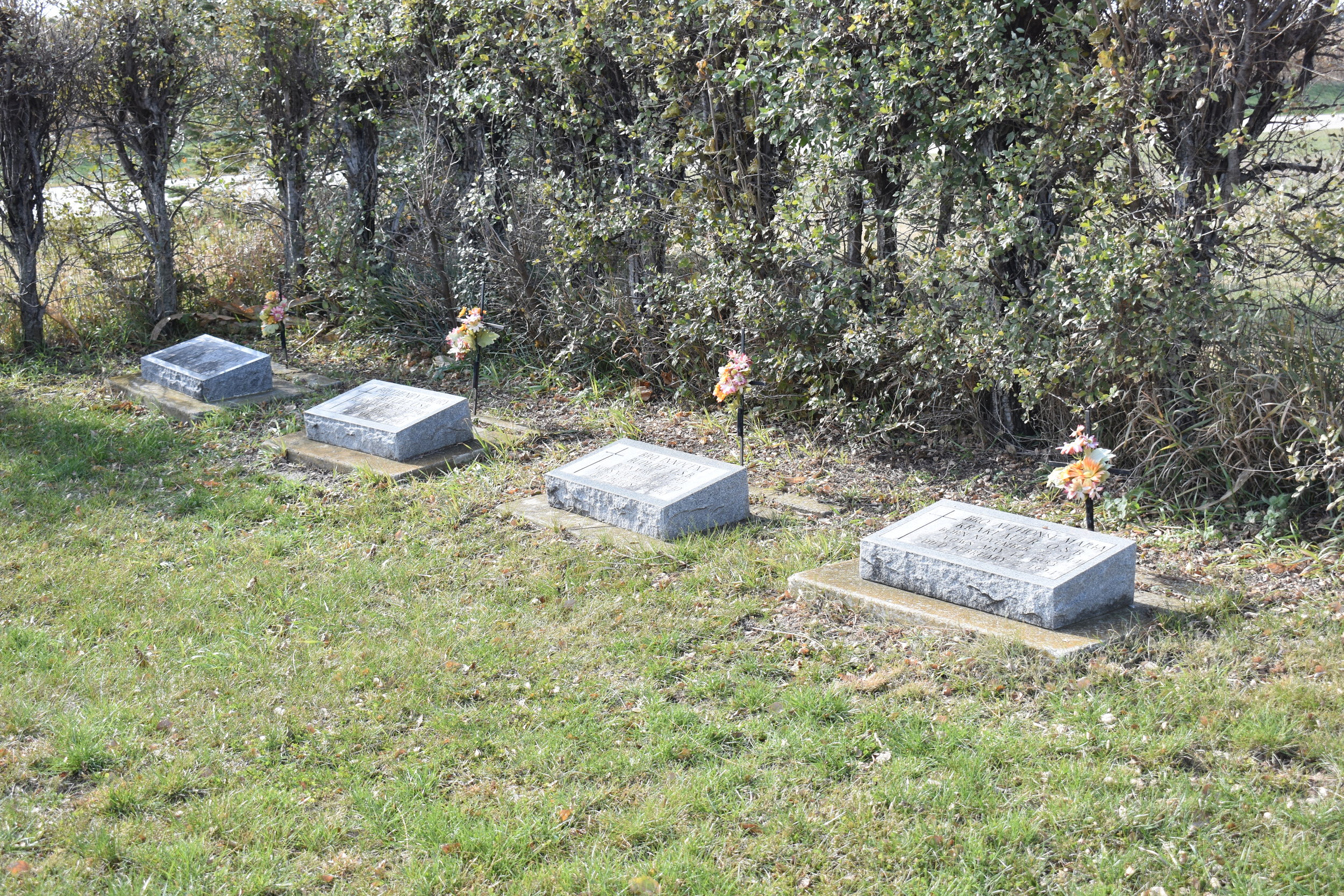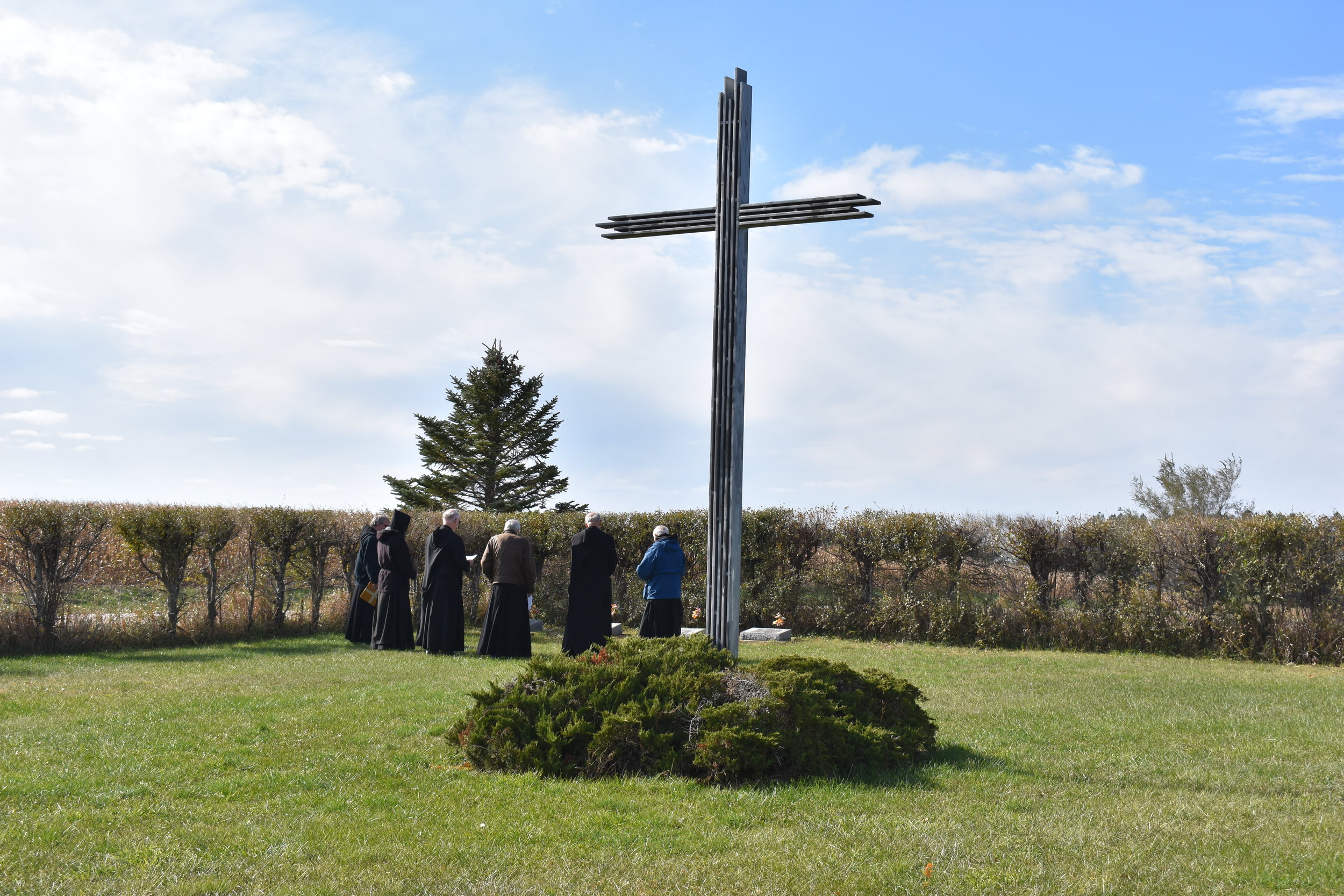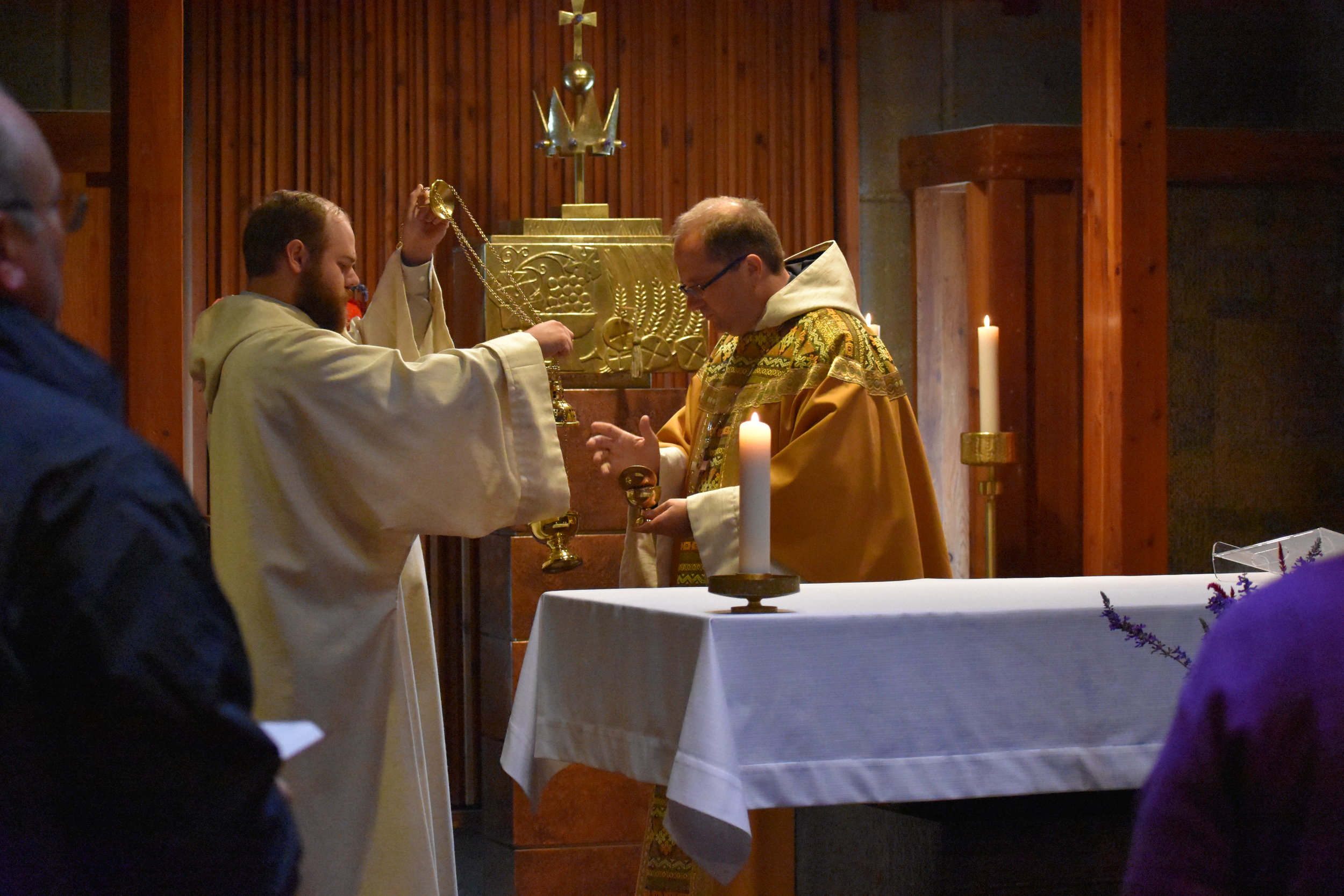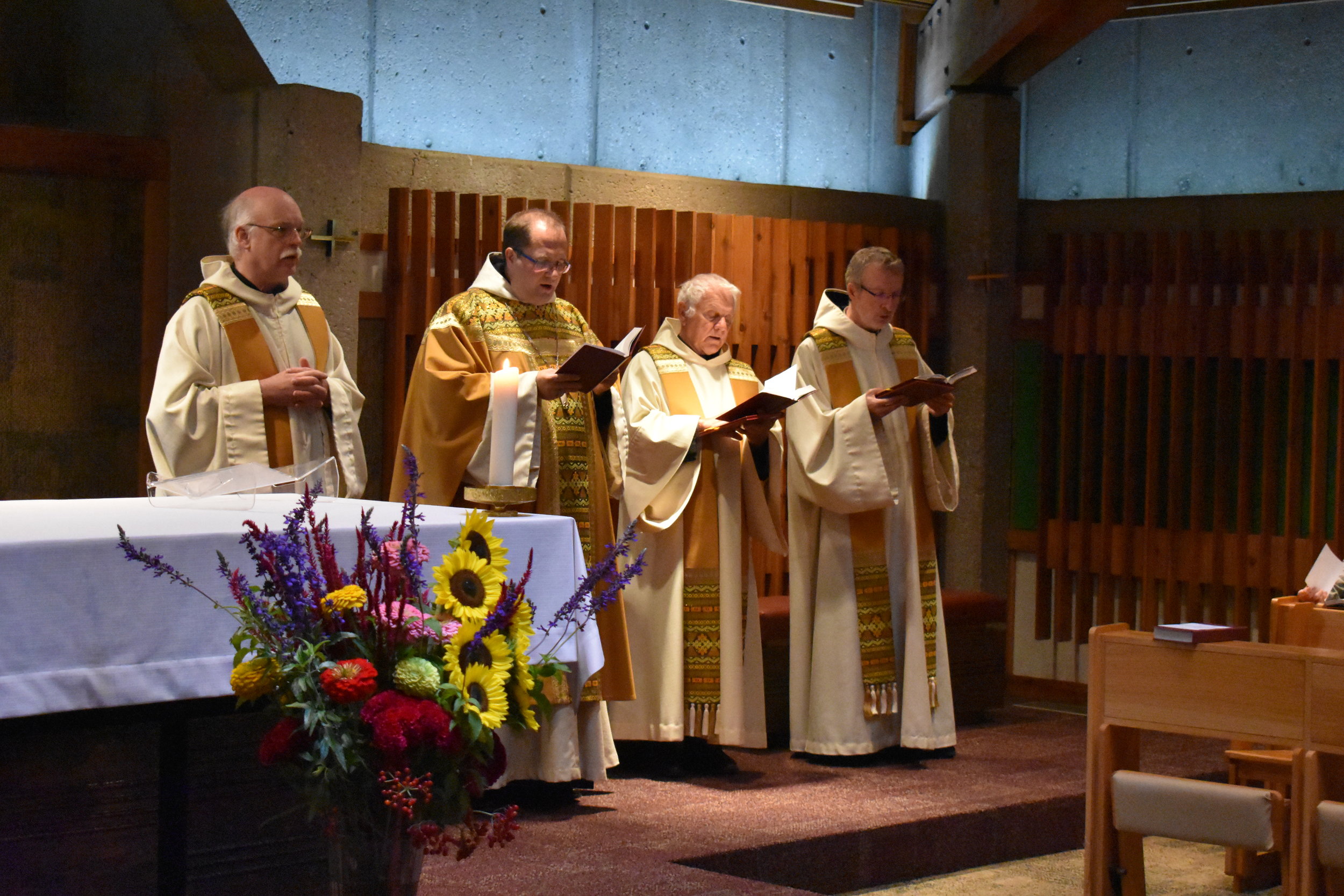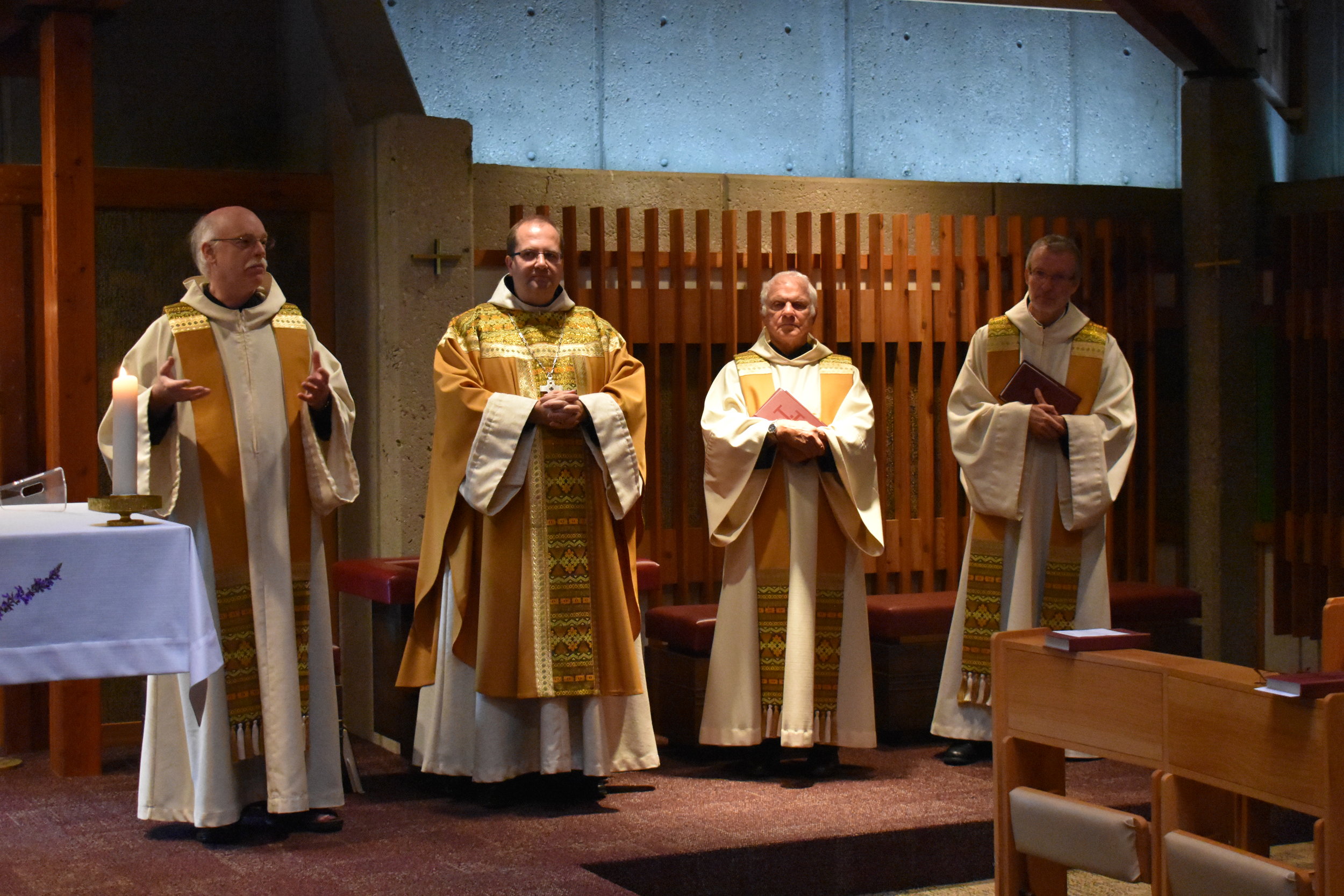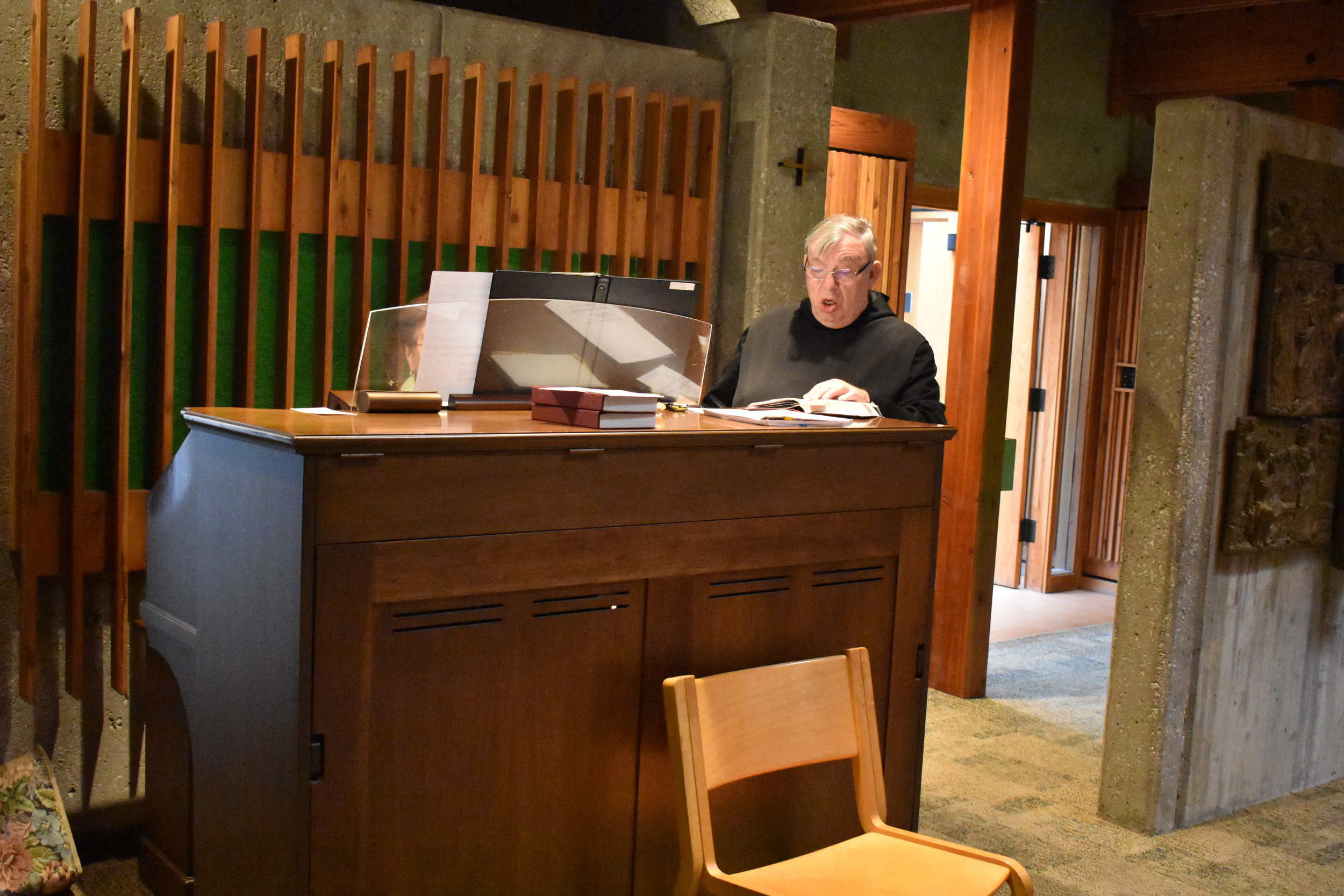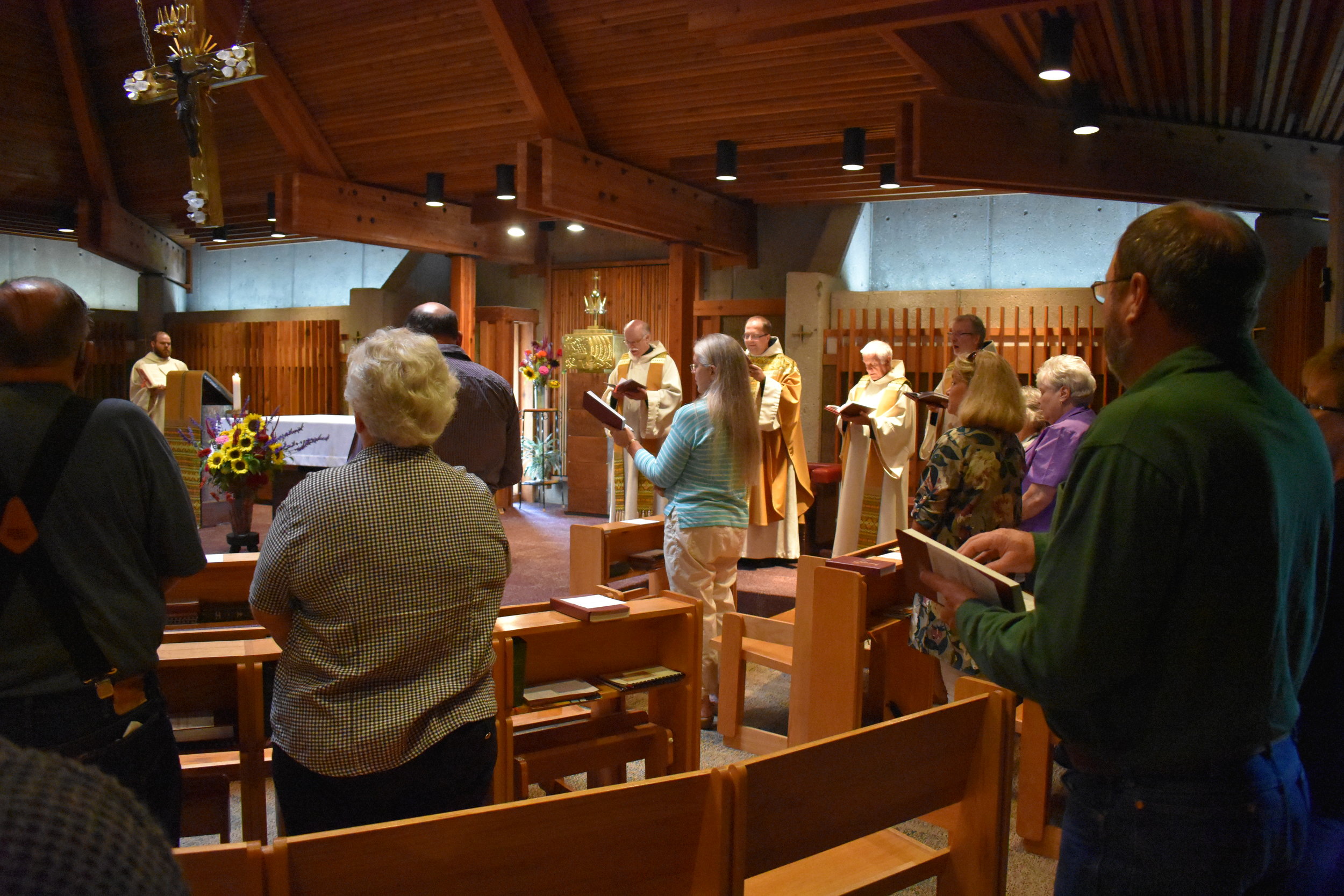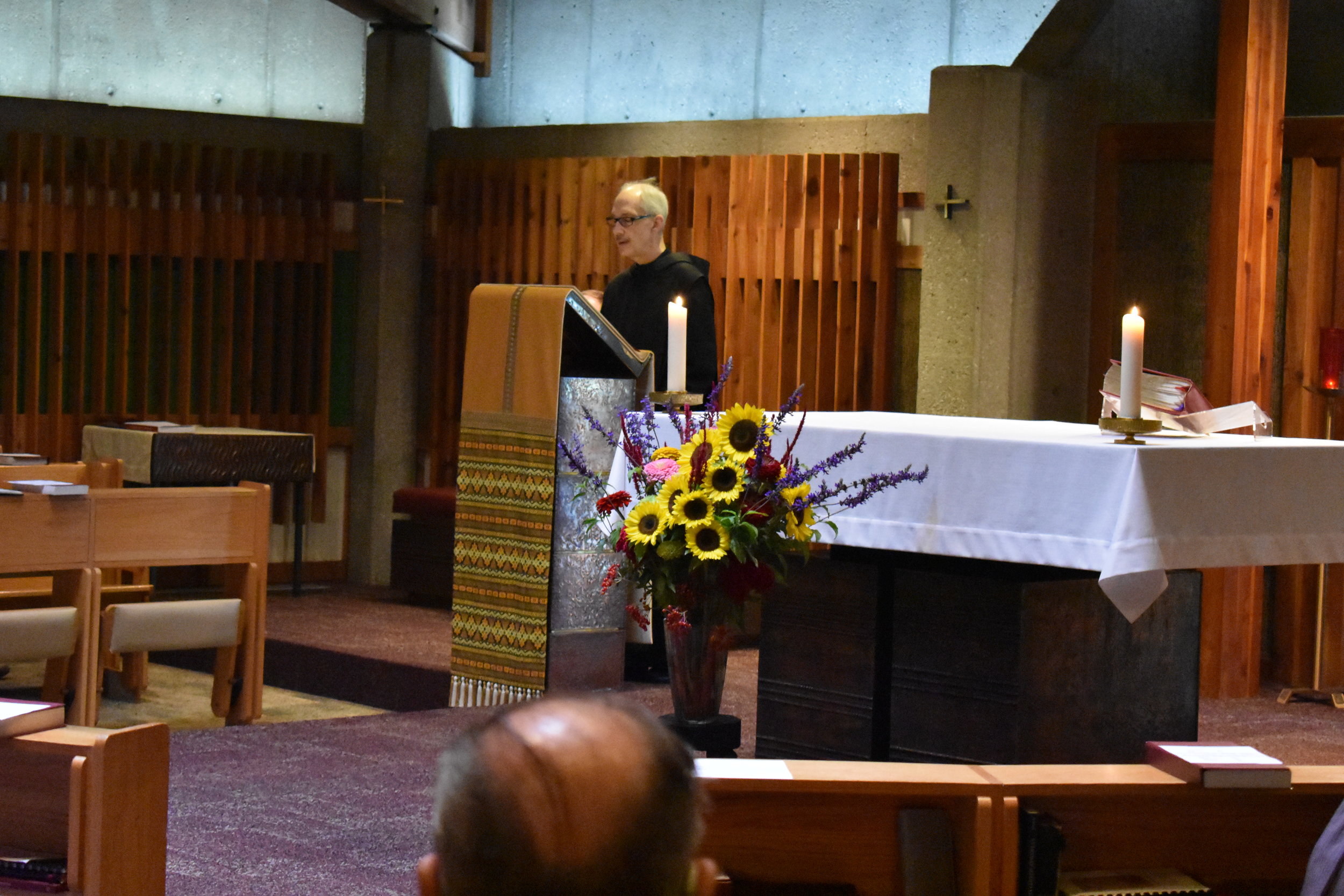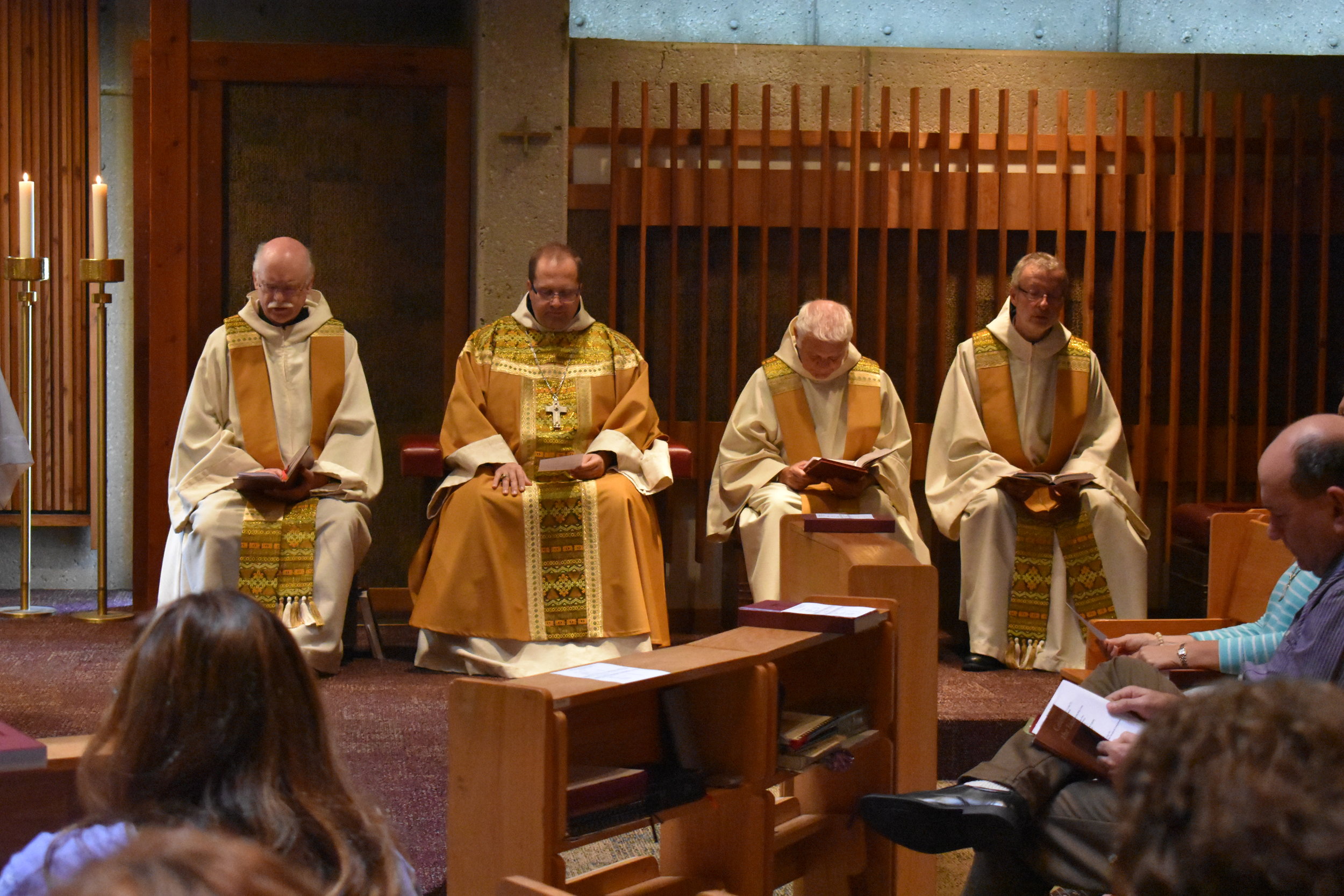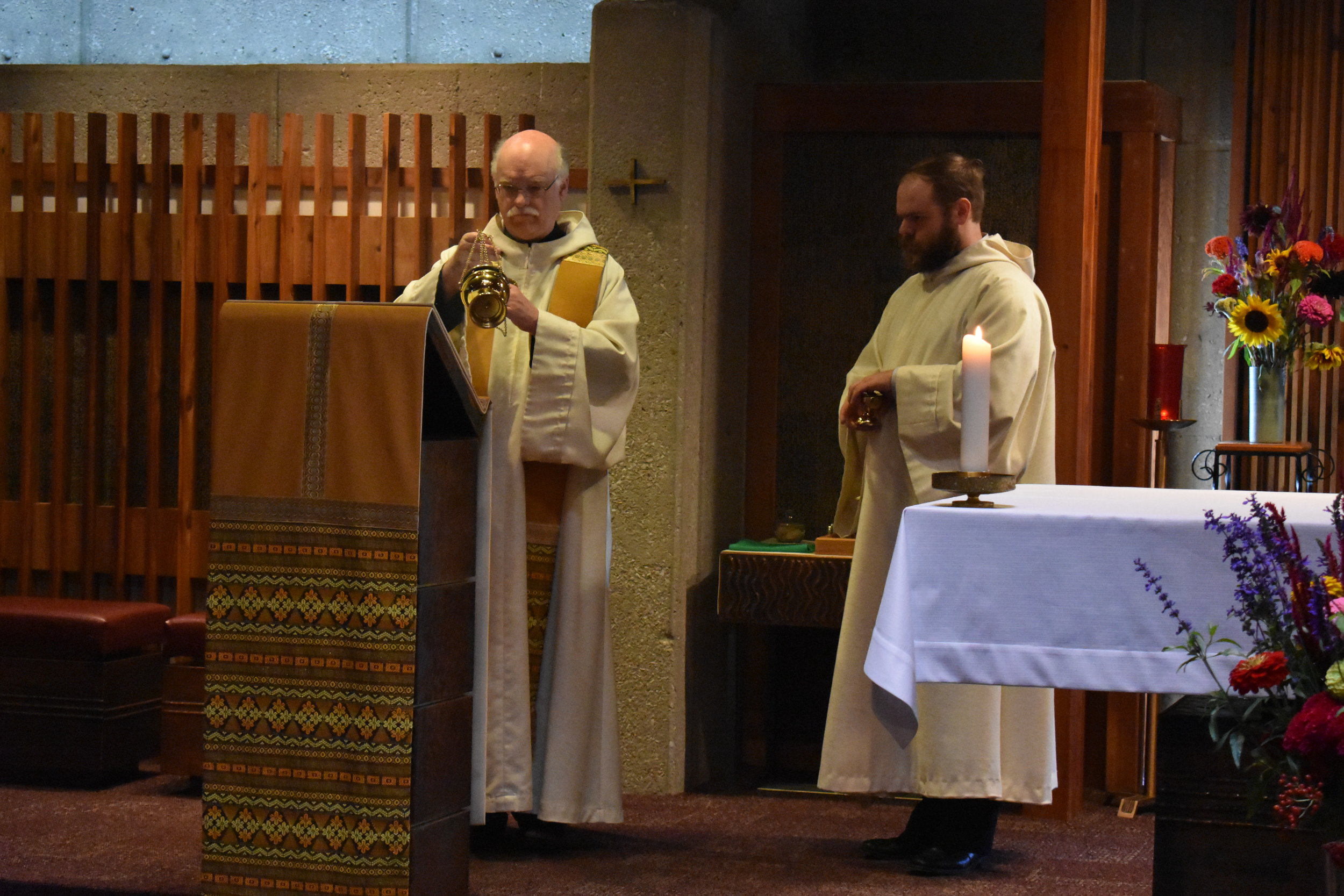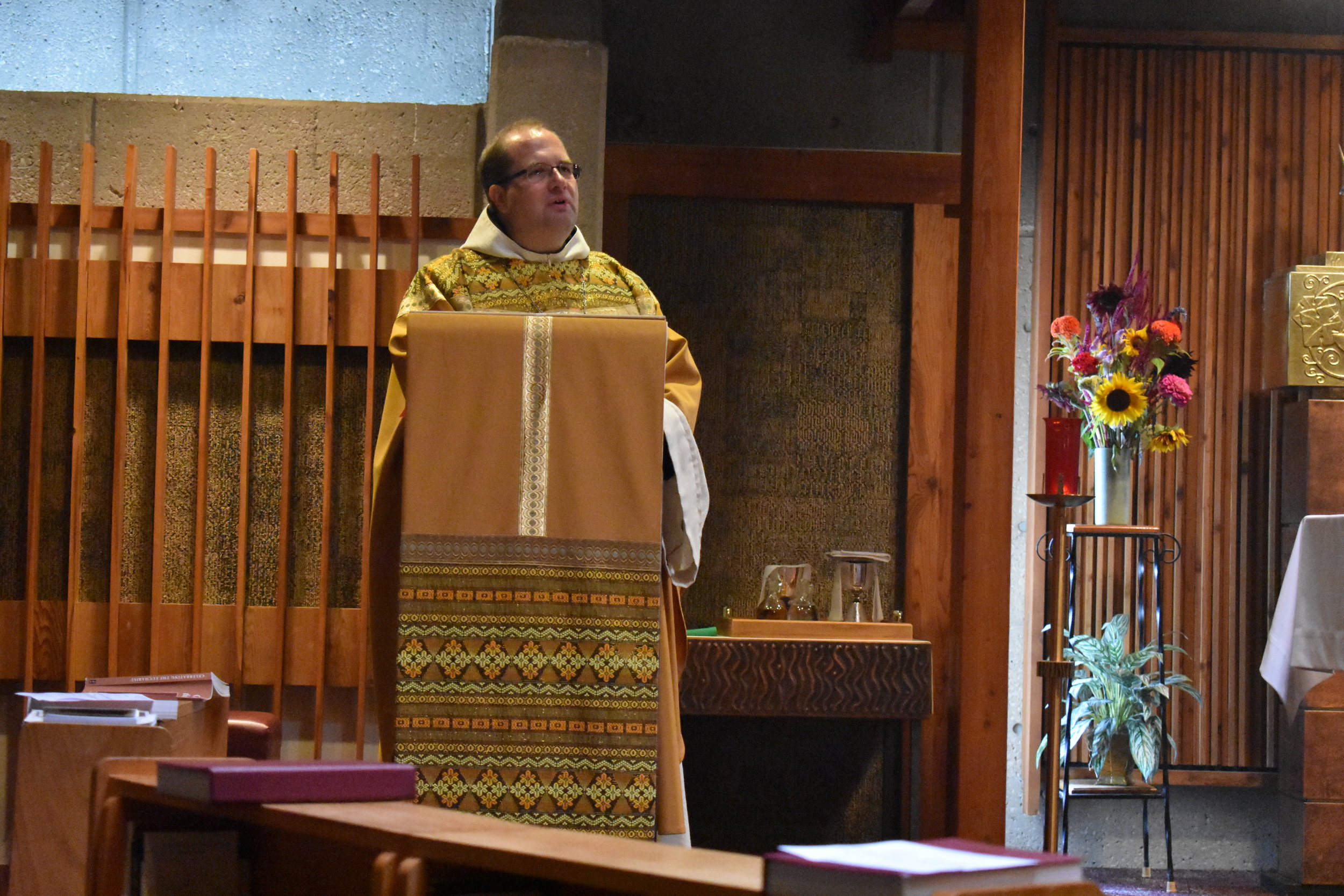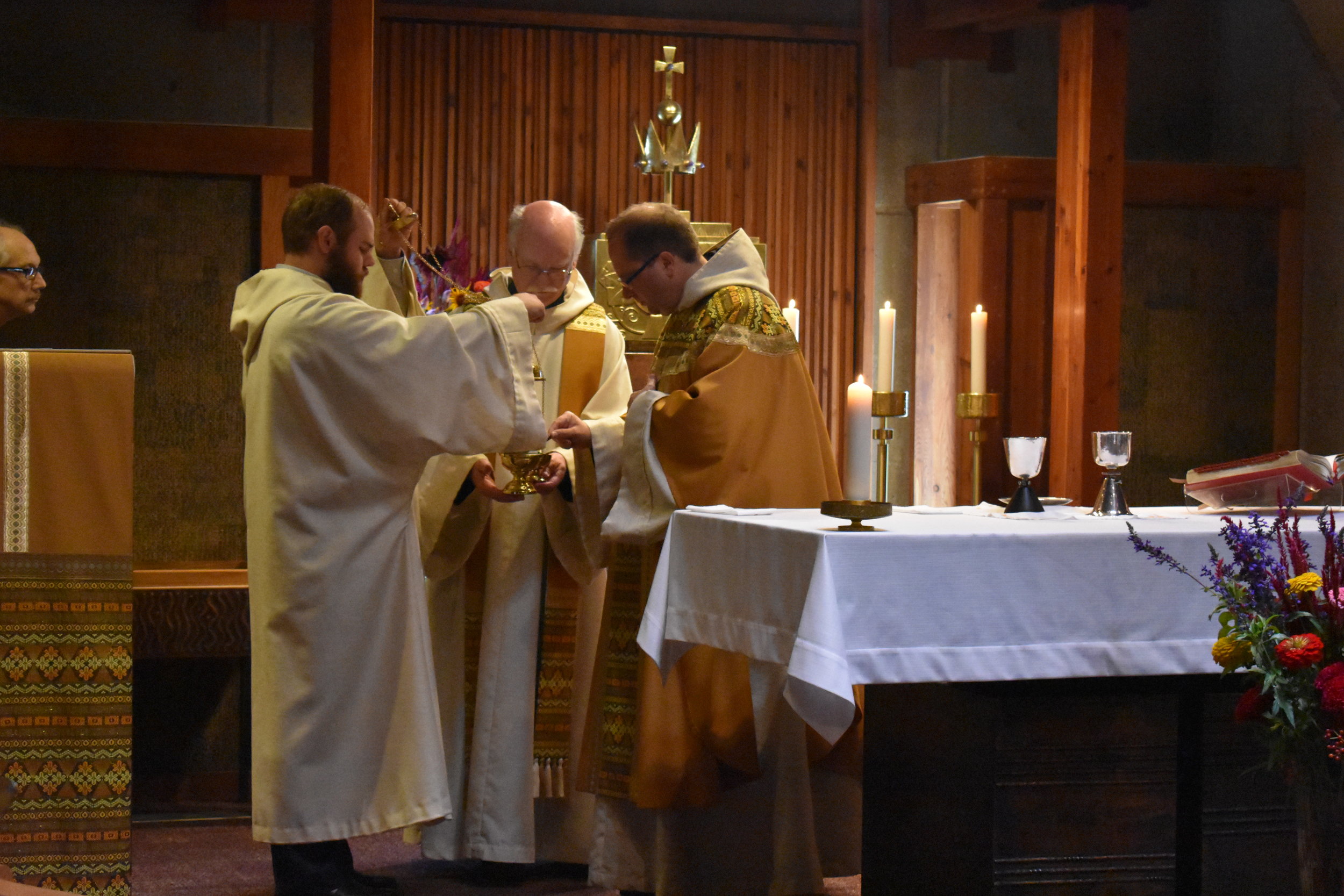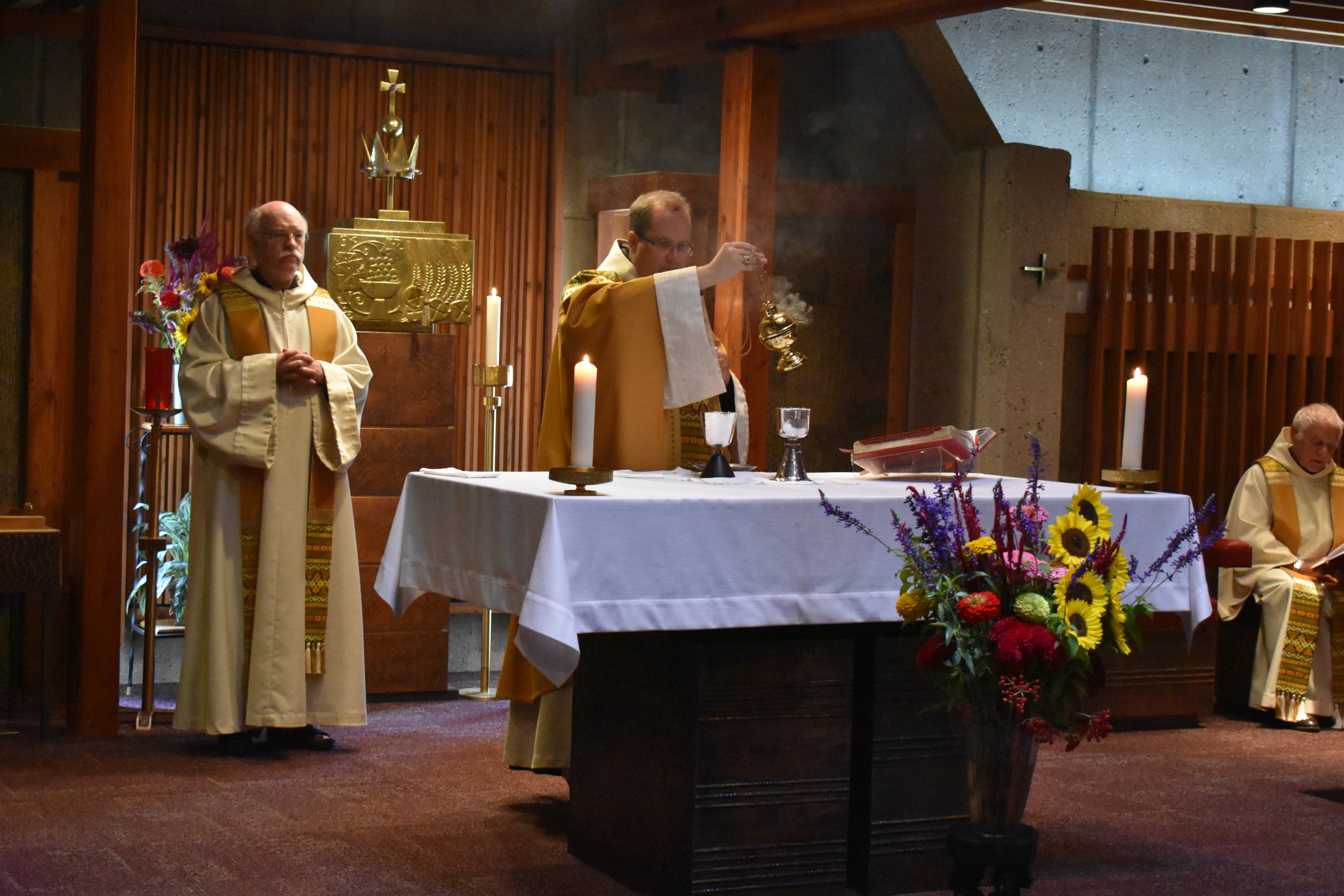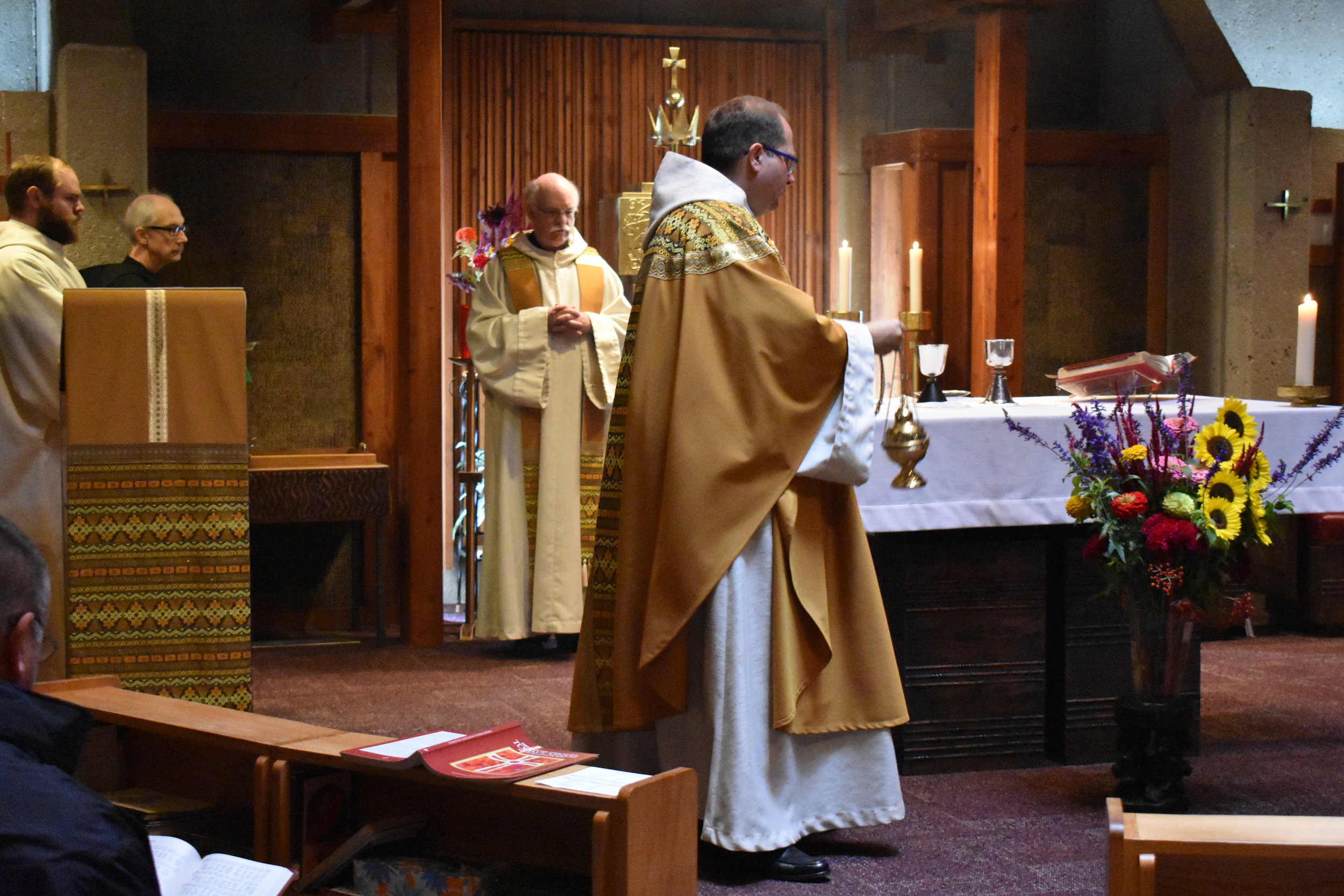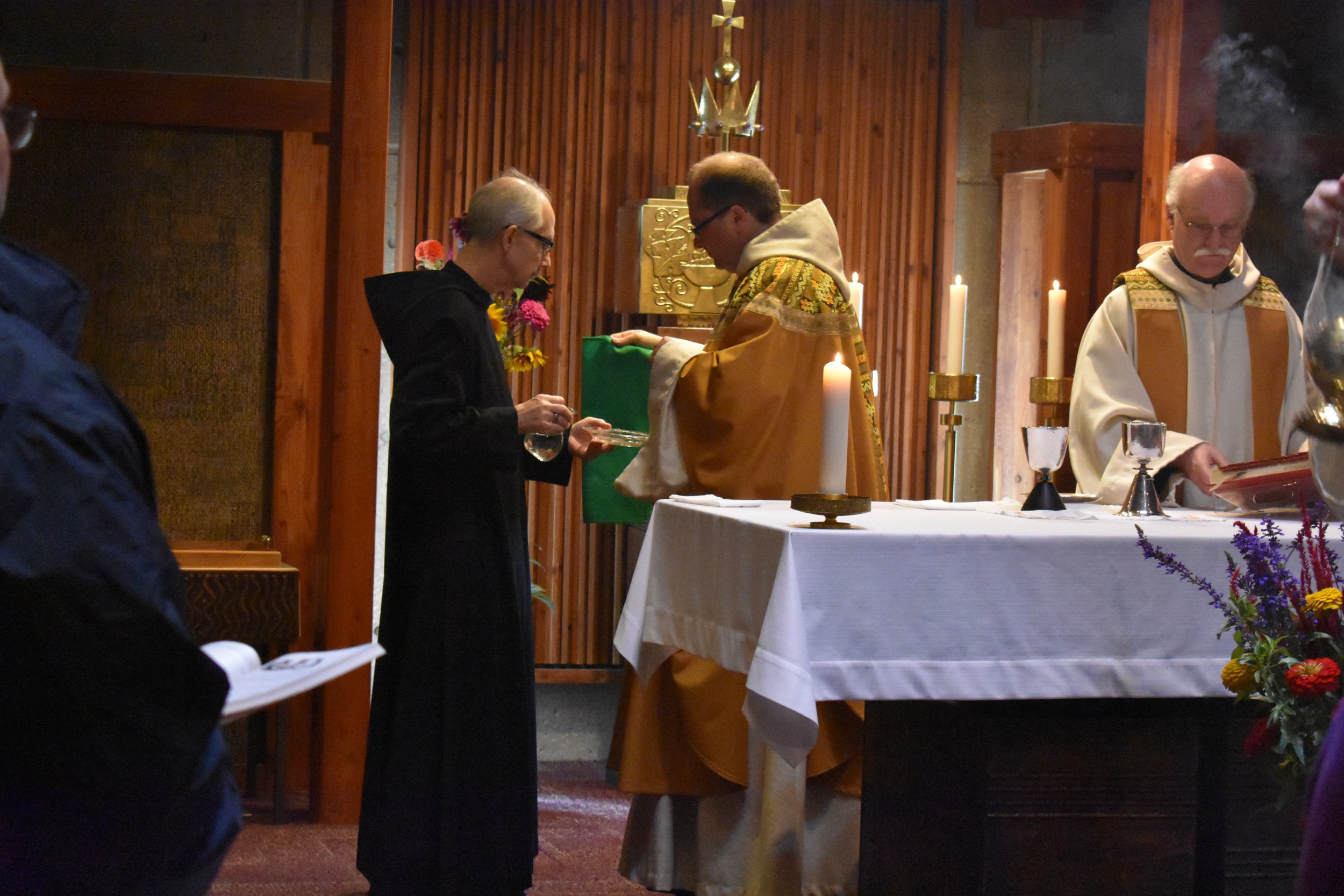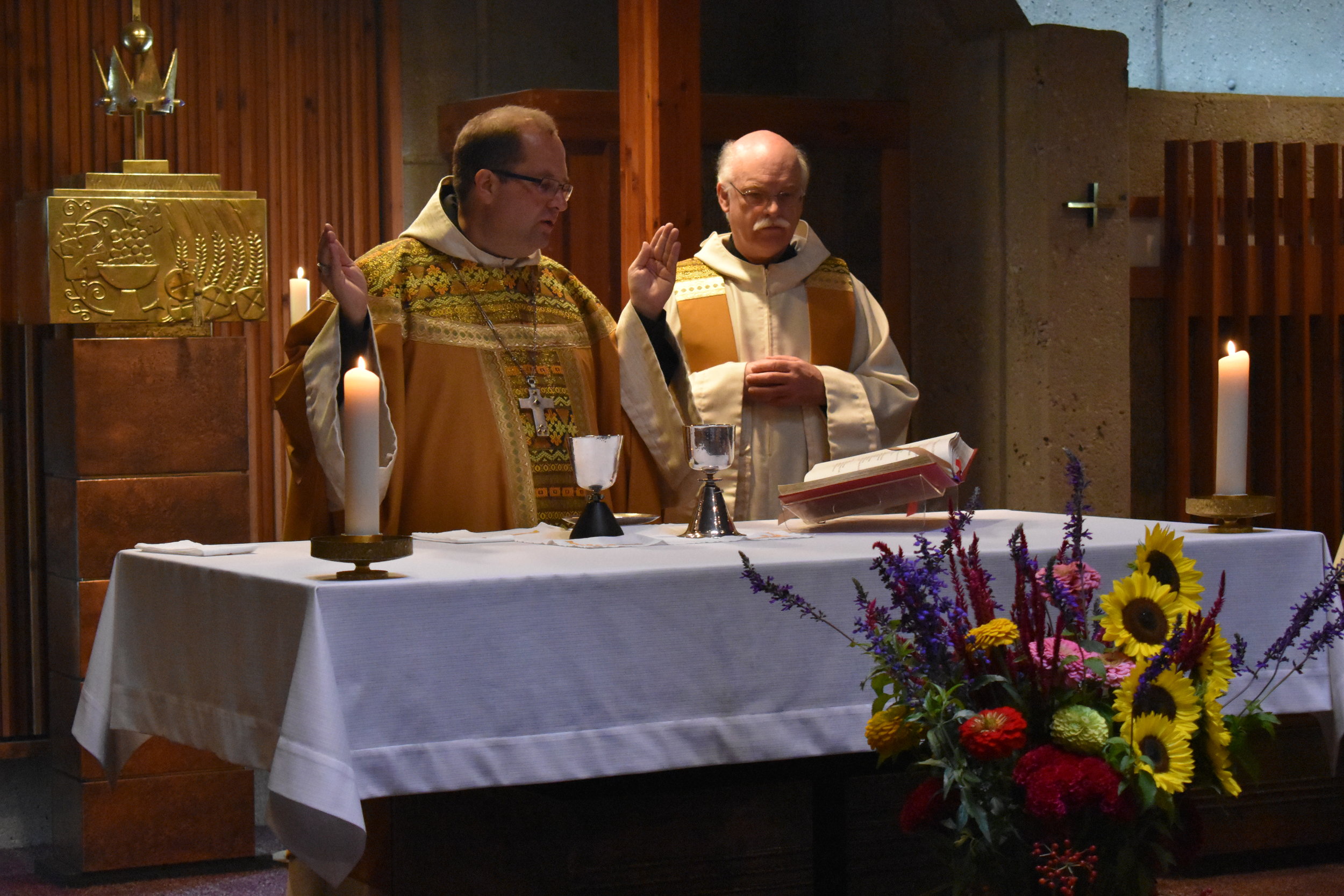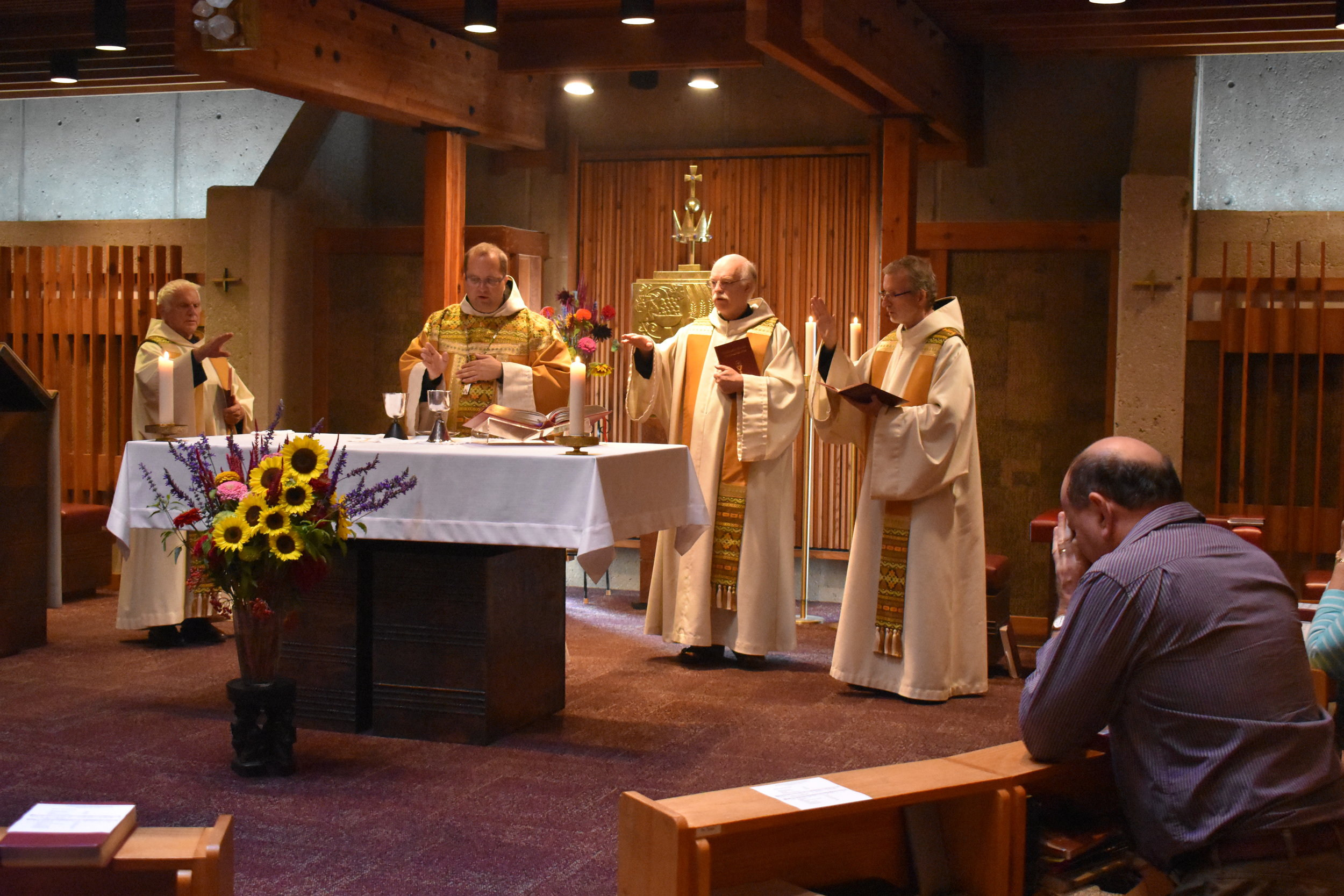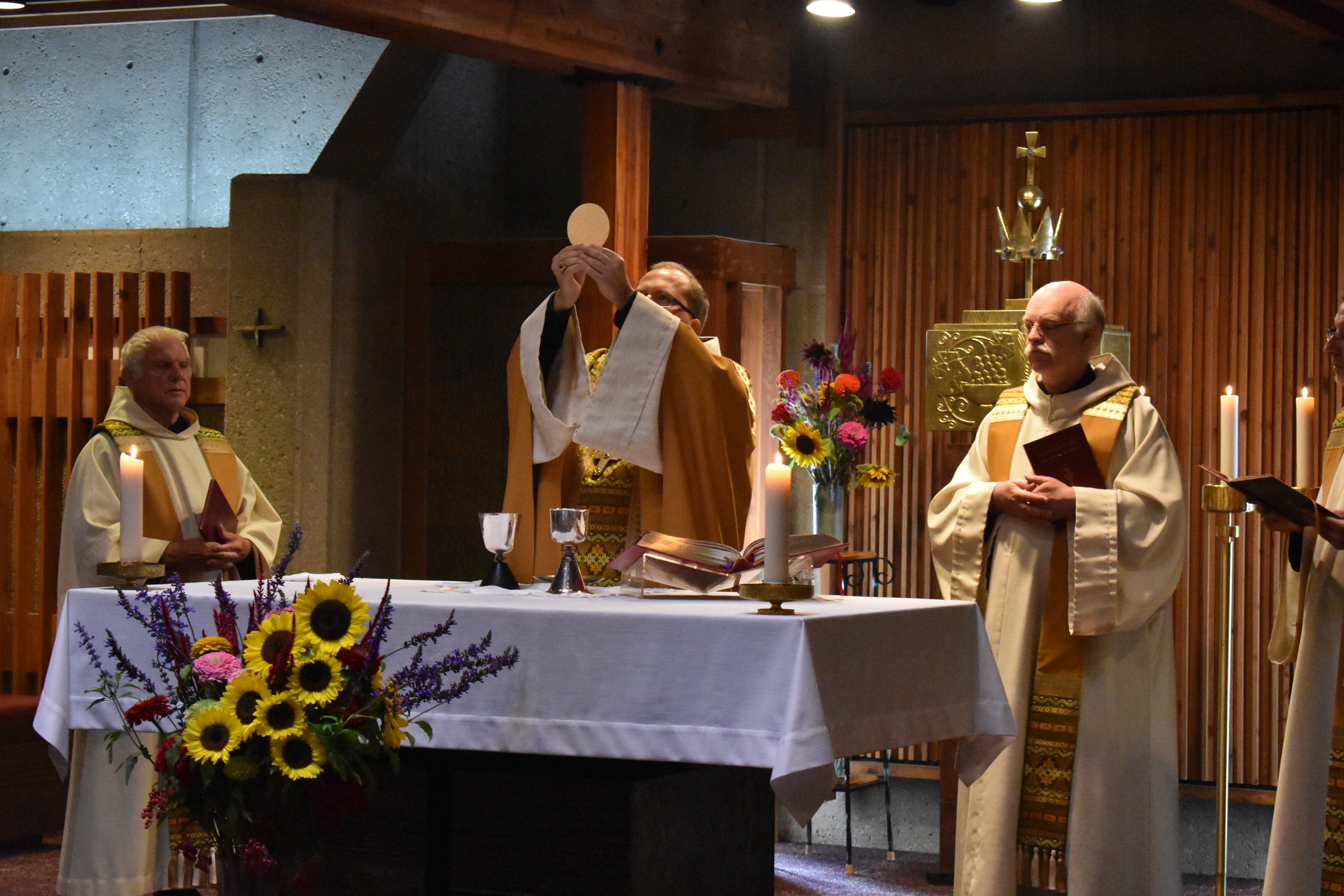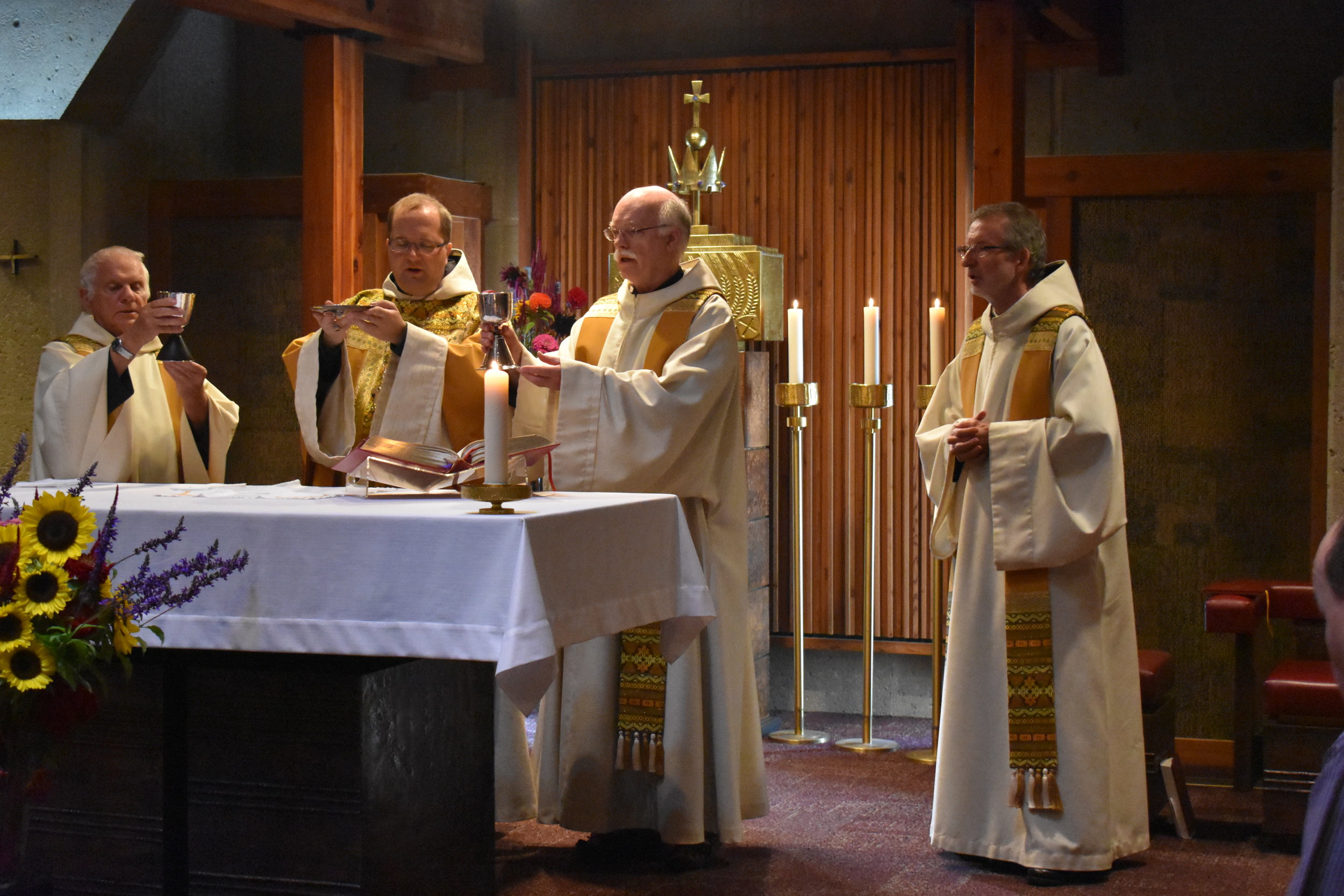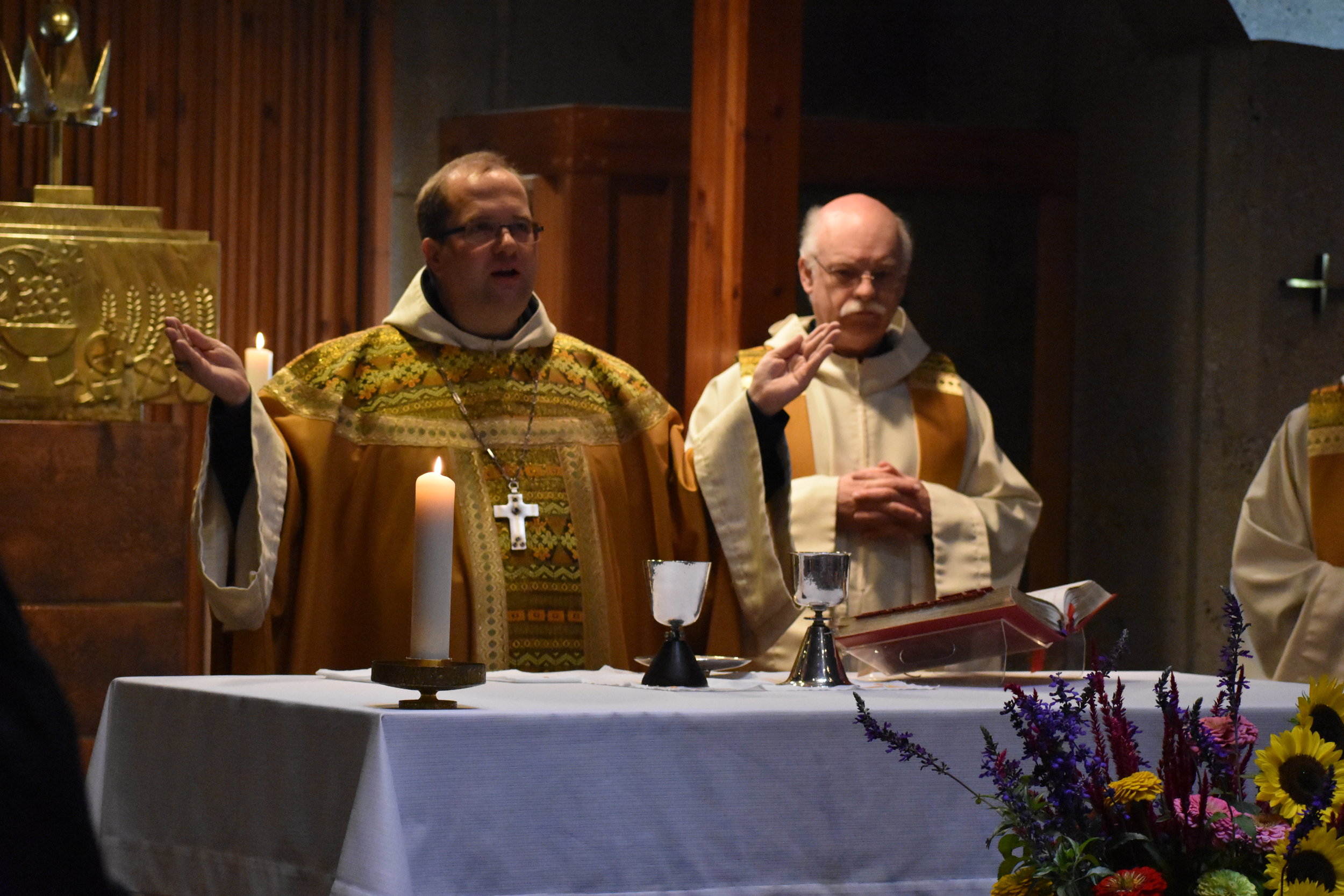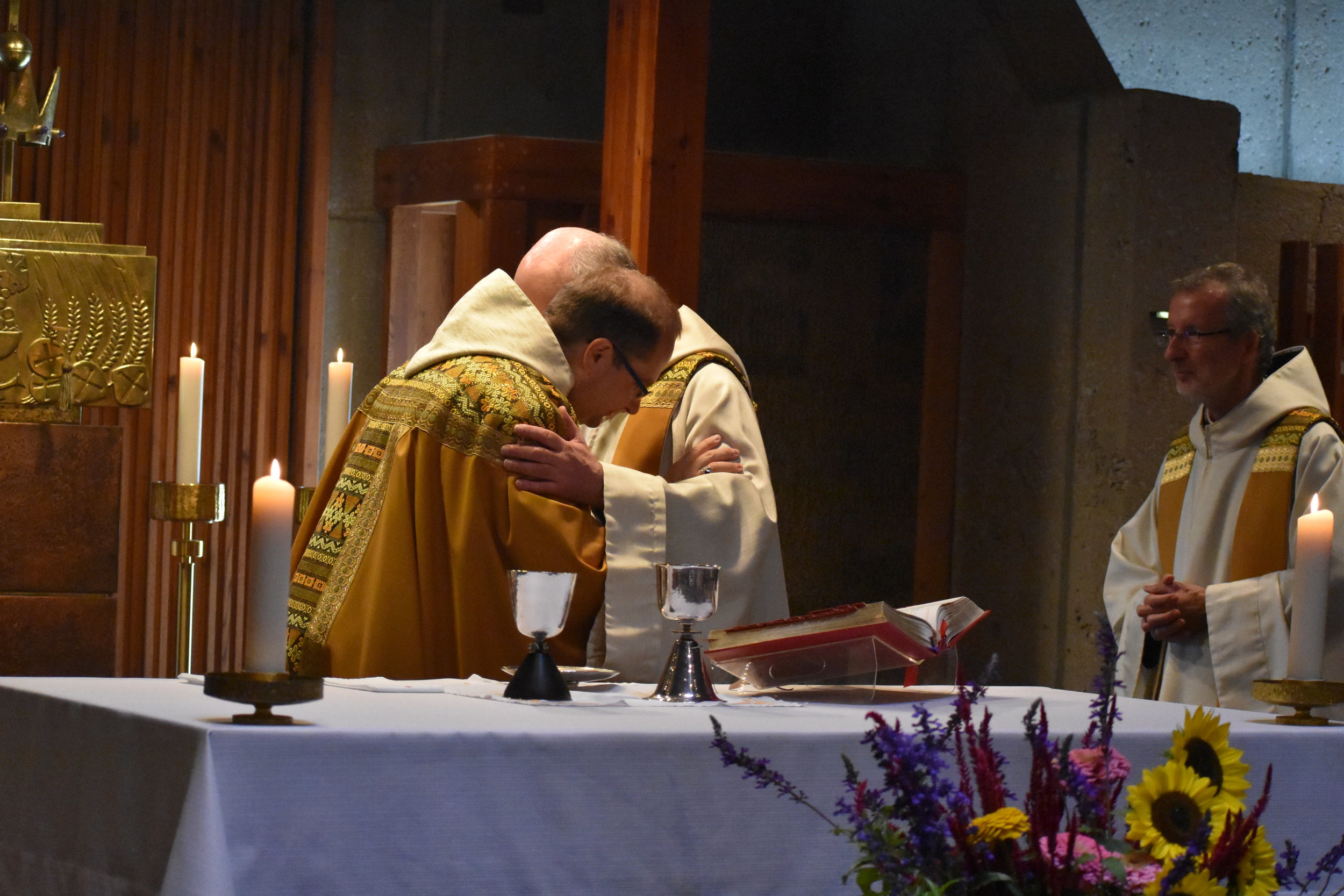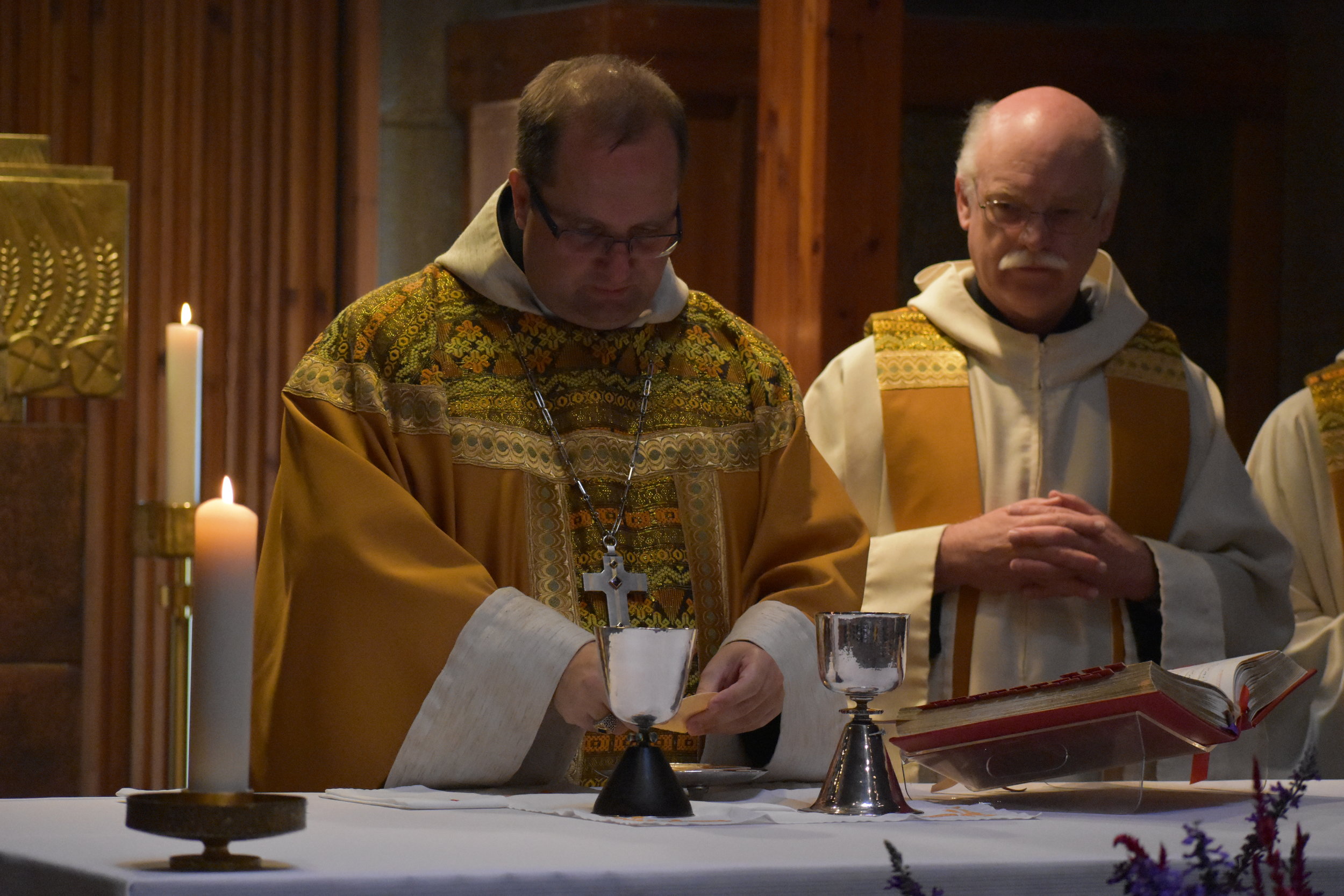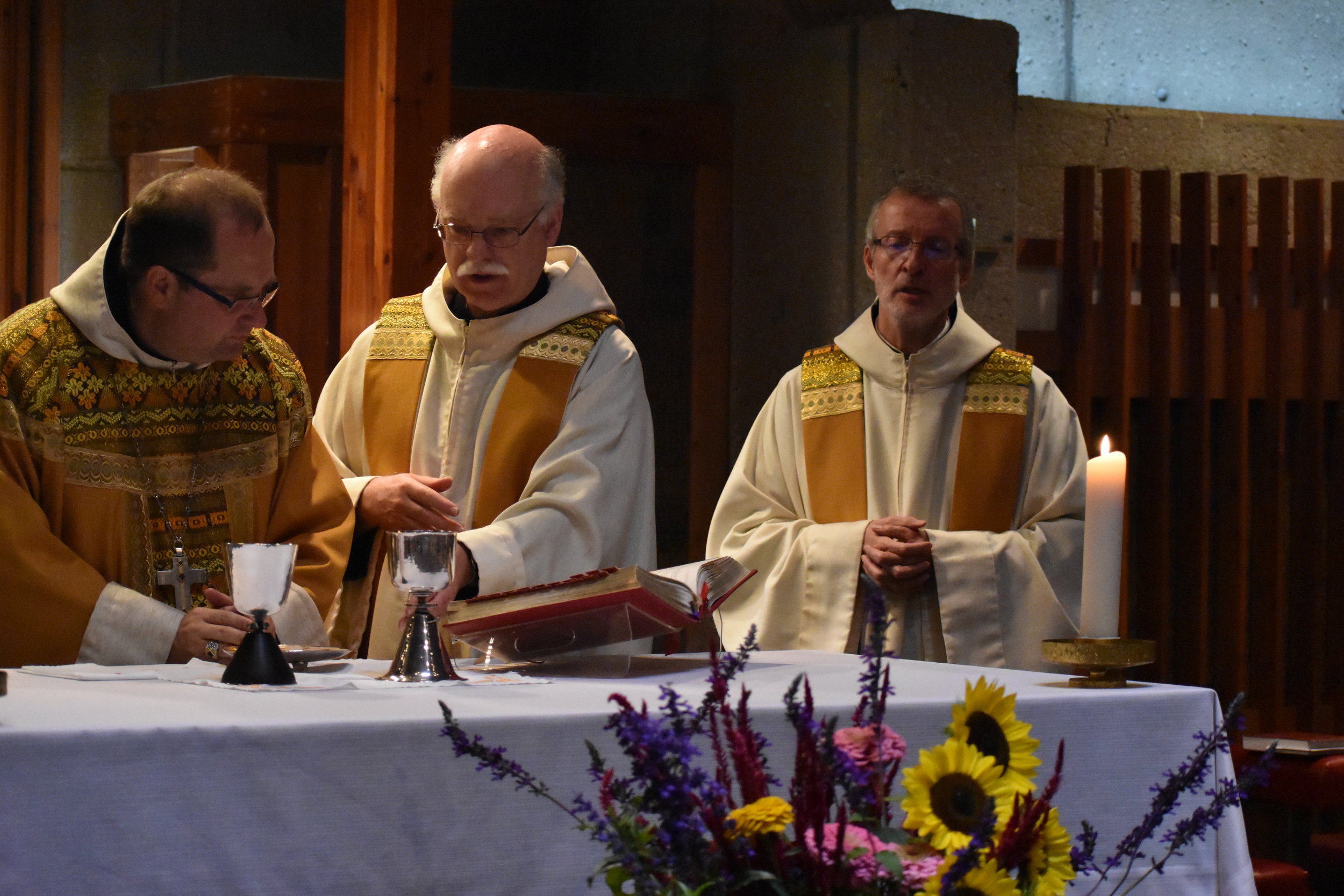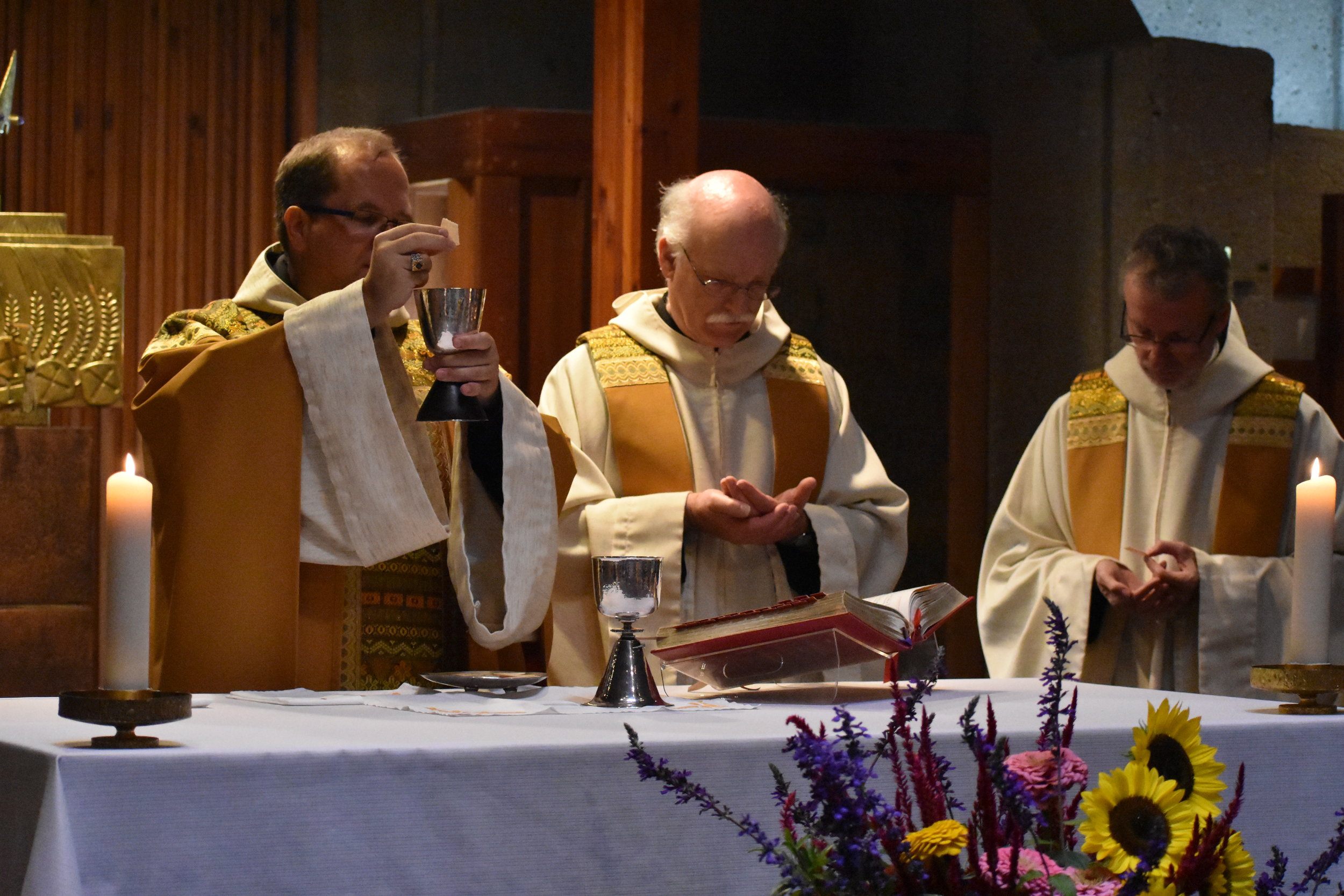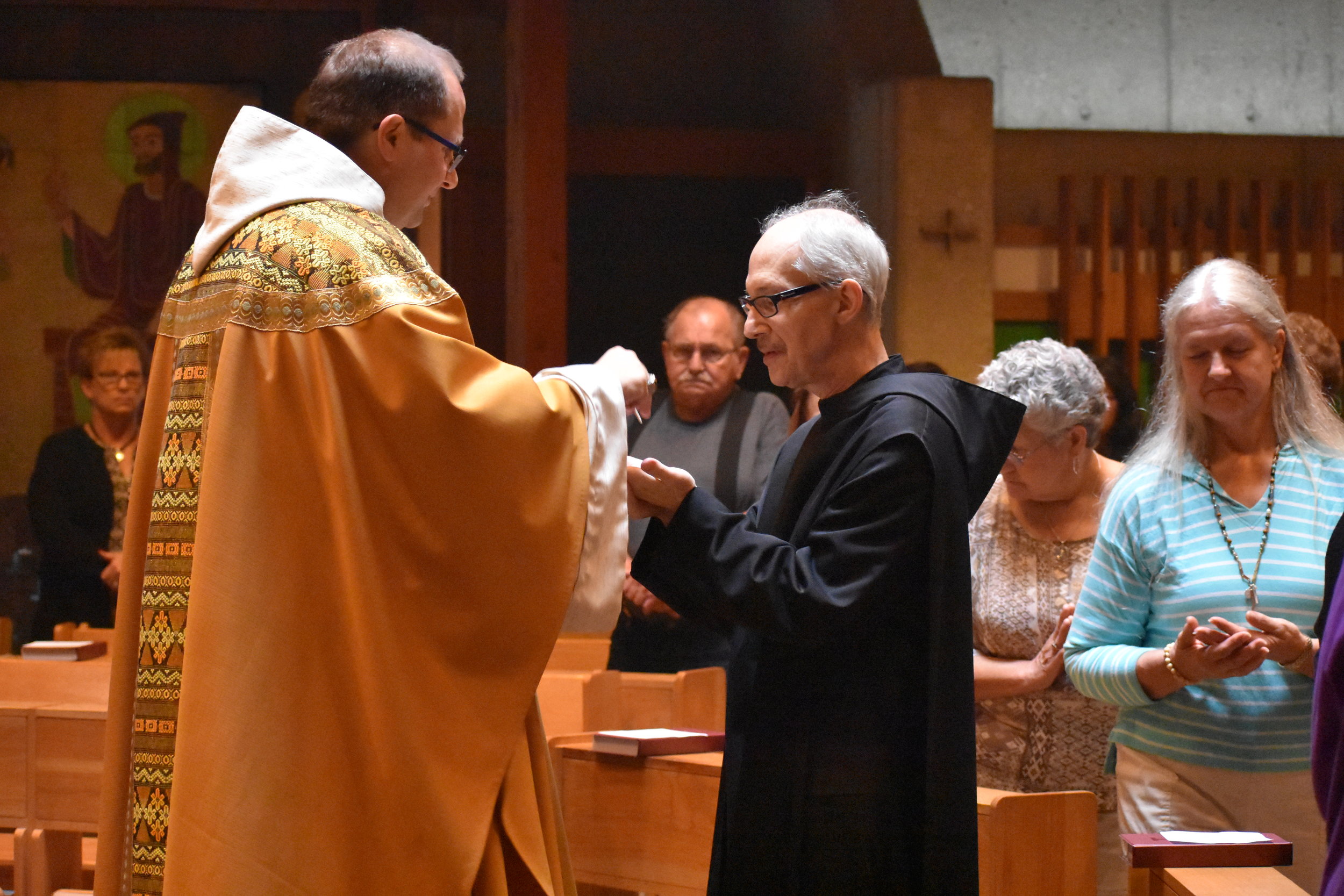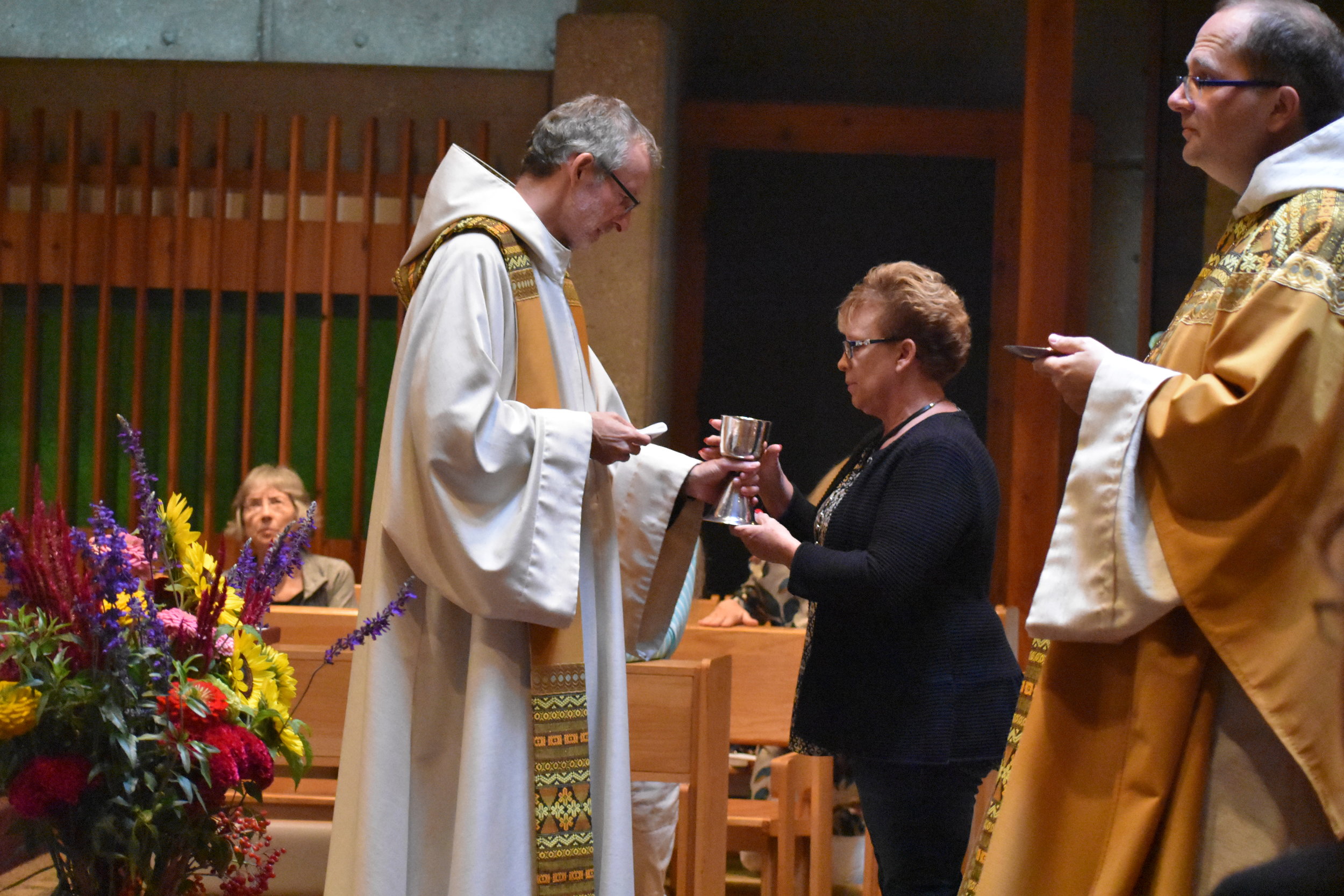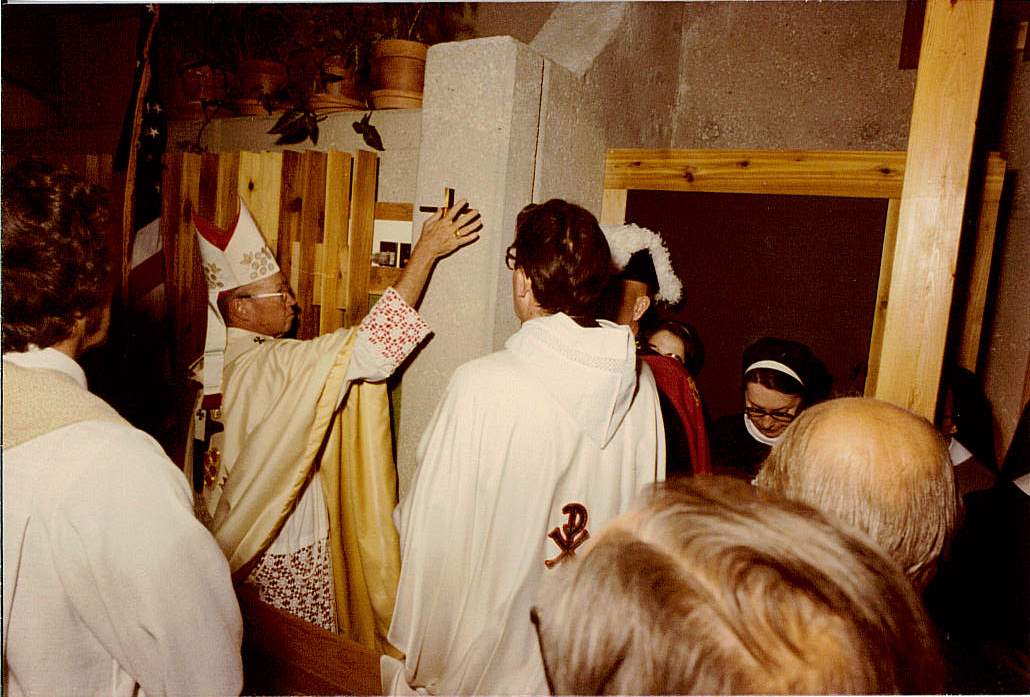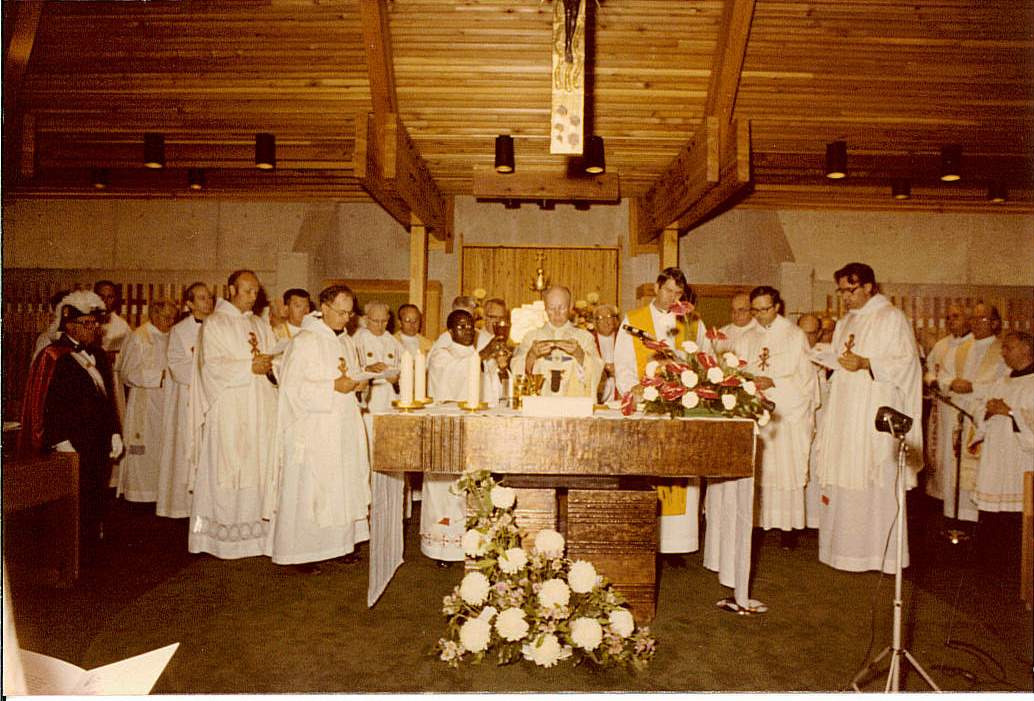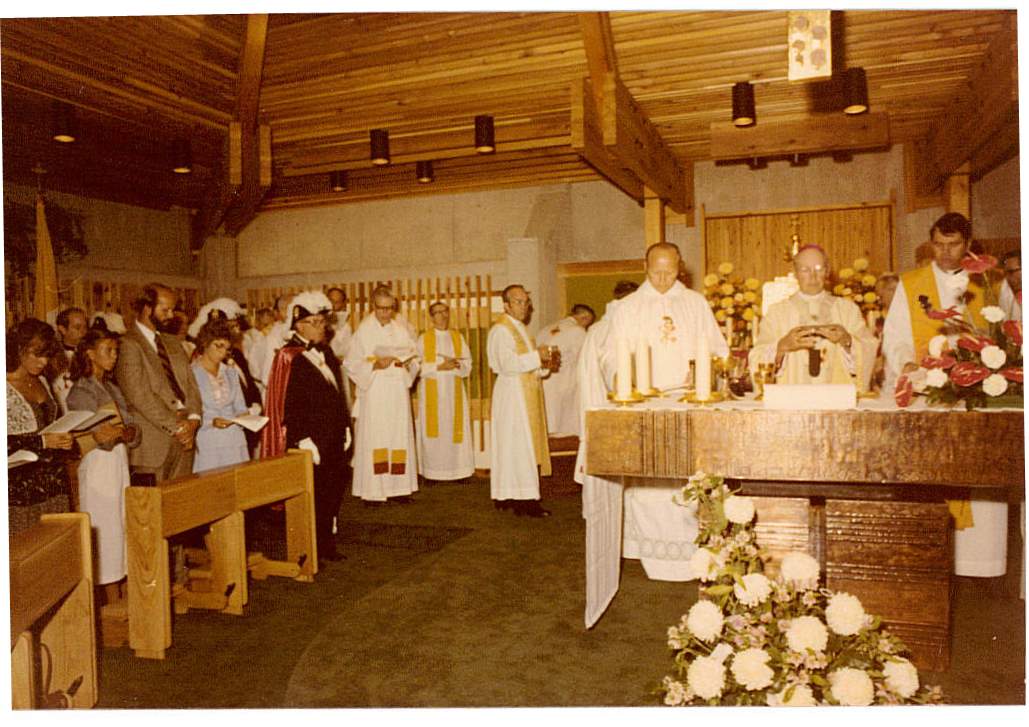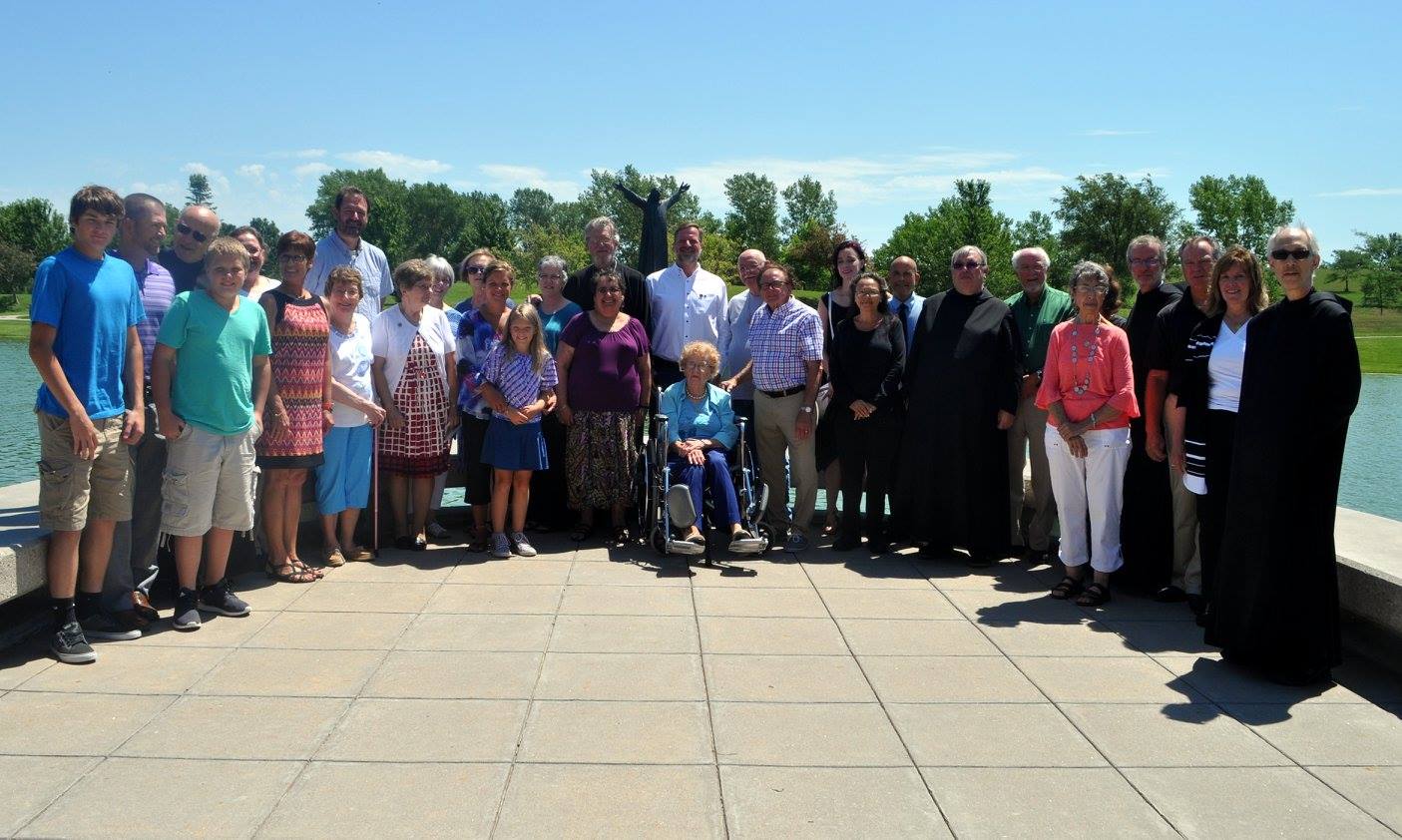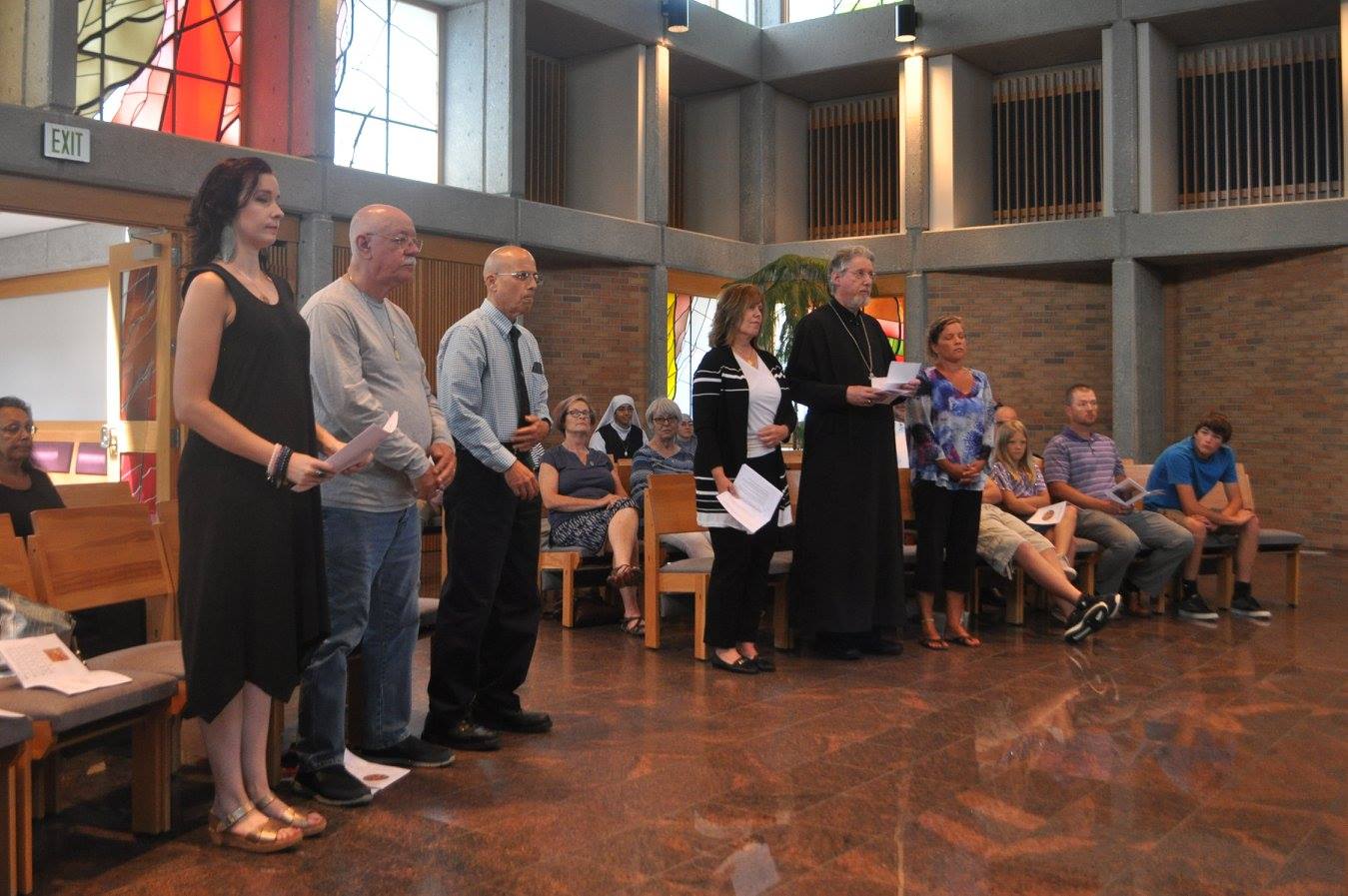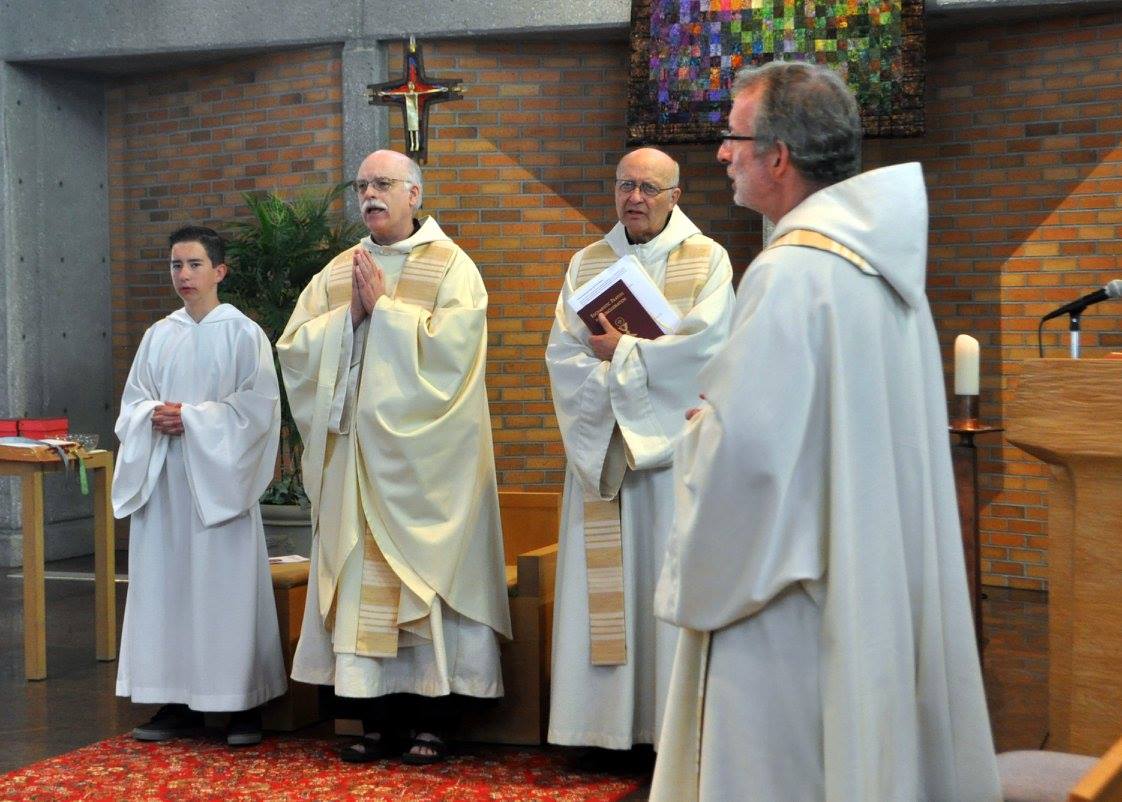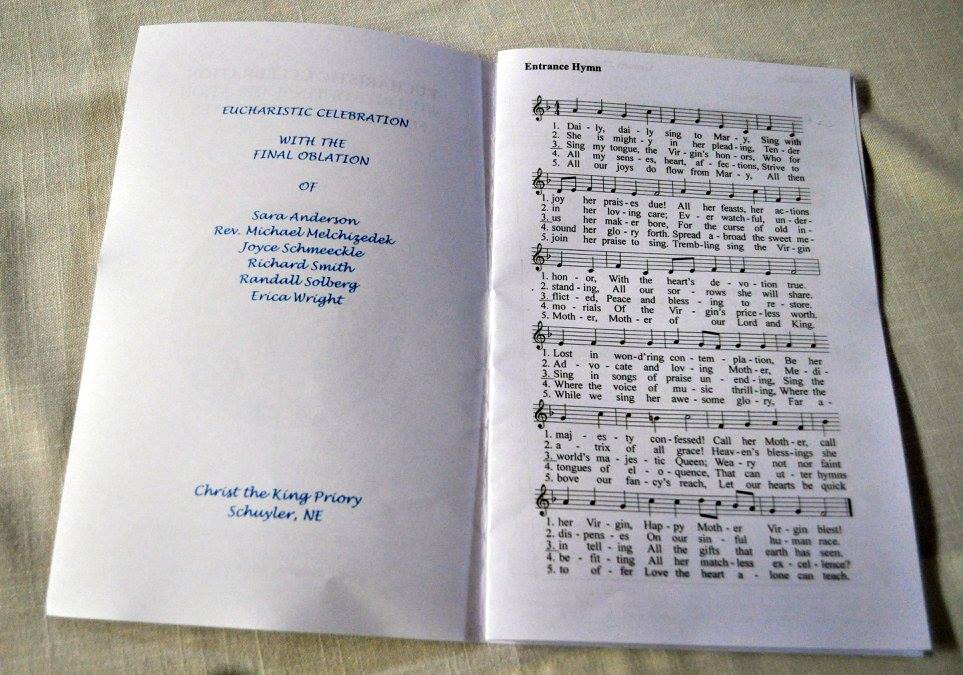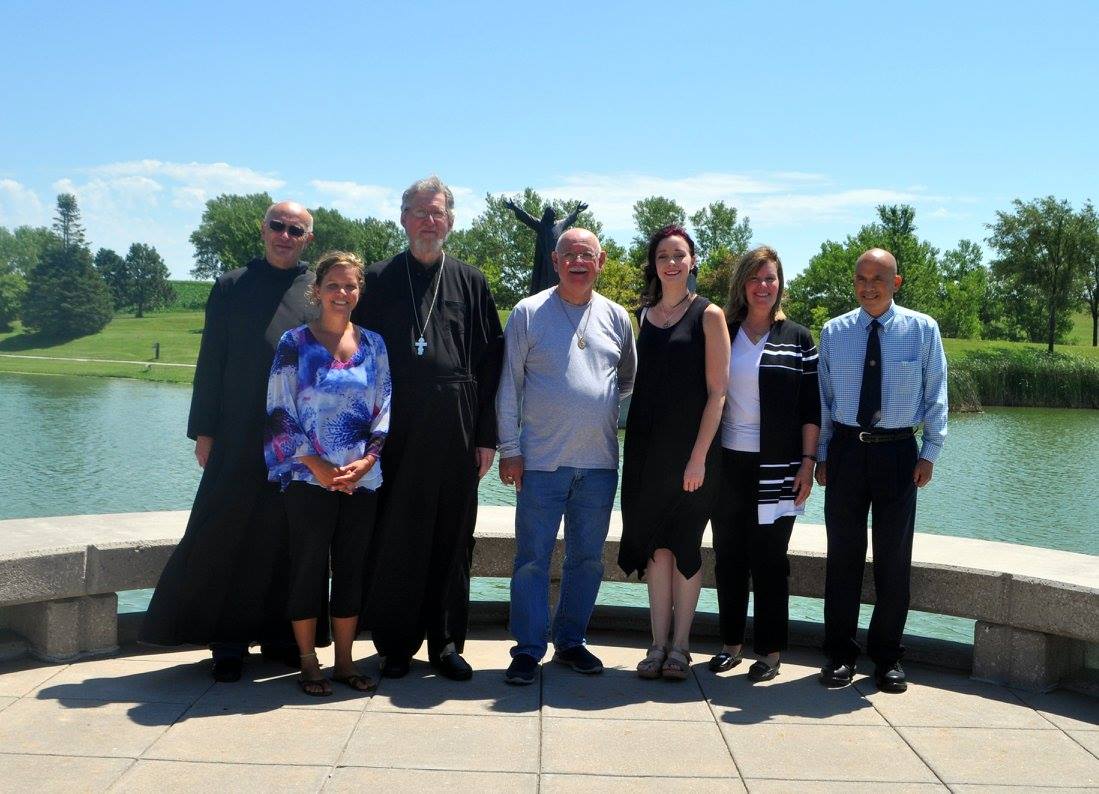Mt 25:1-13 Wis 6:12-16 1 Thess 4:13-18
Focus: The ‘prudent’ virgins were ready for the wedding. Pope John XXIII had his suitcase packed at the end of his life.
Function: We, too, are called to be prepared for our final encounter with God.
Dear sisters and bothers in the Lord,
As Pope St. John XXIII was terminally ill, his doctors tried to keep it a secret from him at first. They attempted tactfully to deceive him: “It is only an infection of the stomach.” But he objected: “My suitcase is packed!”
On the last day of his long suffering, Msgr. Capovilla, the Pope’s secretary, came to his bed. He kissed the patient’s hand and asked how he felt. “I feel quite all right now. I’m quiet. I’m with the Lord. But I’m also worried a bit.” “Holy Father, YOU shouldn’t be worrying but WE. I have talked with the physicians…” “And, what are they saying?” “Holy Father, I want to be very sincere with you. I want to tell you that this is the day of the Lord. Today you will be called into paradise.” Kneeling, the secretary burst into tears and buried his face in his hands.
Then he felt the Pope’s hand passing lovingly over his head and heard him say, “Look at that: My secretary, usually so strong and sober, is totally distraught. Although he is telling his superior the most beautiful thing that one can say: Today you will enter paradise!” Pope St. John XXIII was indeed ready for the end of his earthly life.
In our gospel today, Jesus deals with this topic of readiness. He makes his point in the parable of the ten virgins. All ten of them are waiting with the bride at her home for the arrival of the groom, for the wedding, for the feast and the joy.
At midnight, a cry goes up to announce the arrival. The bridesmaids, who have brought the supply of oil, need it to make the lighted escort for the couple. So the wedding procession, minus five bridesmaids, goes into the feast and the door is shut. The bridesmaids who come later are refused admission. They were not prepared with lamps burning brightly when the groom appeared.
The wedding is an image in the bible which represents the union of humans with God. This union will take place in the future, in its fullness, but a foretaste of it can be experienced even now, in the present. Especially around Jesus the joy of the great feast could already be felt: “How can the wedding guests mourn while they are together with the bridegroom?” However, Jesus said, “The time will come when the guests will be left alone; then they will fast.” The time after Jesus’ death and resurrection until his return in glory is the time of waiting, of ‘fasting’ and of preparation.
All the bridesmaids fall asleep, which is human. Some nevertheless are prepared, namely those with enough oil for their lamps. We can ask: What does the lamp oil represent in our parable? What is it that keeps our lamps burning, in spite of occasional tiredness and weariness?Our readings today speak about that. There is first the message of hope in St. Paul’s letter to the Thessalonians. The core of what Paul says is: “We shall always be with the Lord.” In death we won’t be separated from Christ, but united with Him to whom we looked and whom we tried to follow during our lifetime. One way of keeping our own lamps burning is to share this message of hope with other people, with people who struggle with the experience of death and dying in their own lives and among their loved ones. Our first reading speaks about wisdom. Wisdom is a gift from God, but it also needs to be sought and loved. We need to pay attention to it and notice it wherever we can find it: in the word of Holy Scripture and in the teaching of the Church, in other people and in our own life experience. It is good to ask ourselves regularly: Where did I find God’s wisdom? How had God’s wisdom empowered or also challenged me today or this week? How have I oriented my life anew according to this divine wisdom? This, too, is a way of keeping our lamps burning.
Dear sisters and brothers in the Lord, The ‘prudent’ virgins were ready for the wedding. Pope St. John XXIII had his suitcase packed at the end of his life. We, too, are called to be prepared for our final encounter with God.
All the virgins fell asleep. This is consoling for us. We can rest every once in a while. However, the ‘wise’ virgins were prepared. They expected the bridegroom’s coming. And they oriented their lives toward it.
Let’s pray today for ourselves and for those who are near and dear to us, that we be strengthened in our hope, that we may seek and find wisdom and that we may discover how we can encourage our companions on the journey.
Fr. Thomas Leitner, OSB




